August 16, 2021 Today, it’s easy for most North Carolinians to forget that our state has a death penalty. It’s been fifteen years since the early morning of August 18, […]

NC Coalition for Alternatives to the Death Penalty
Committed to ending the death penalty and creating a new vision of justice

· Kristin Collins
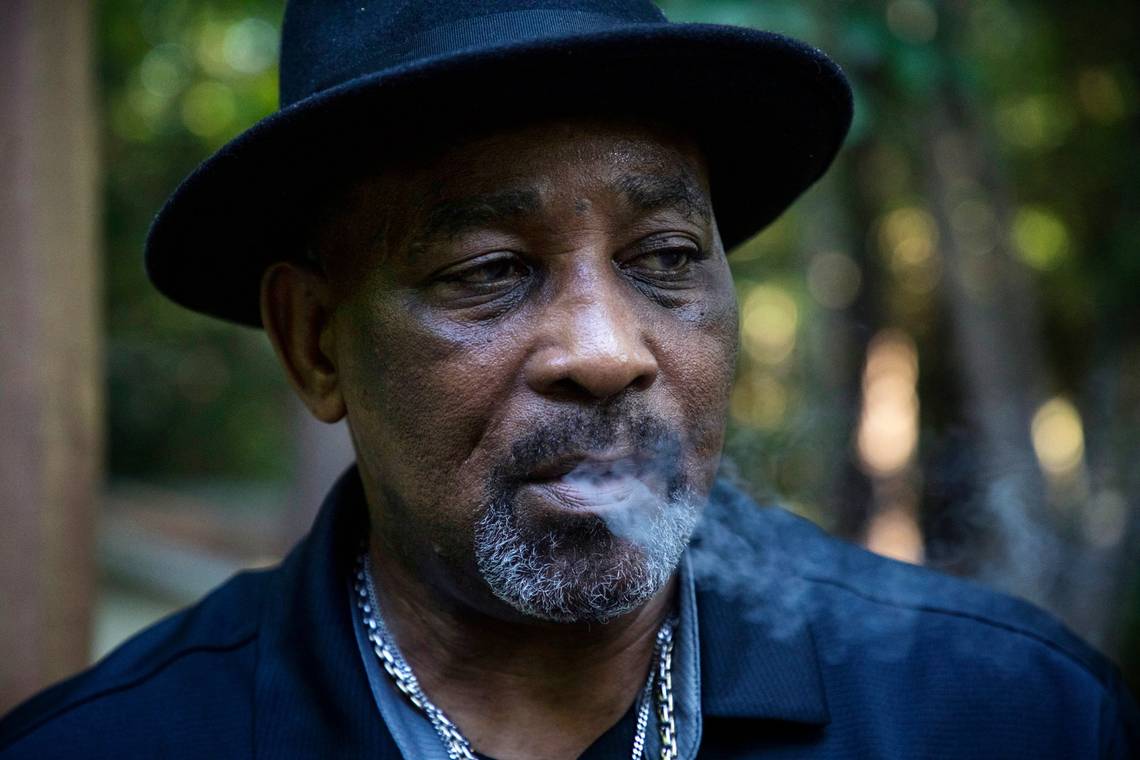
· Kristin Collins
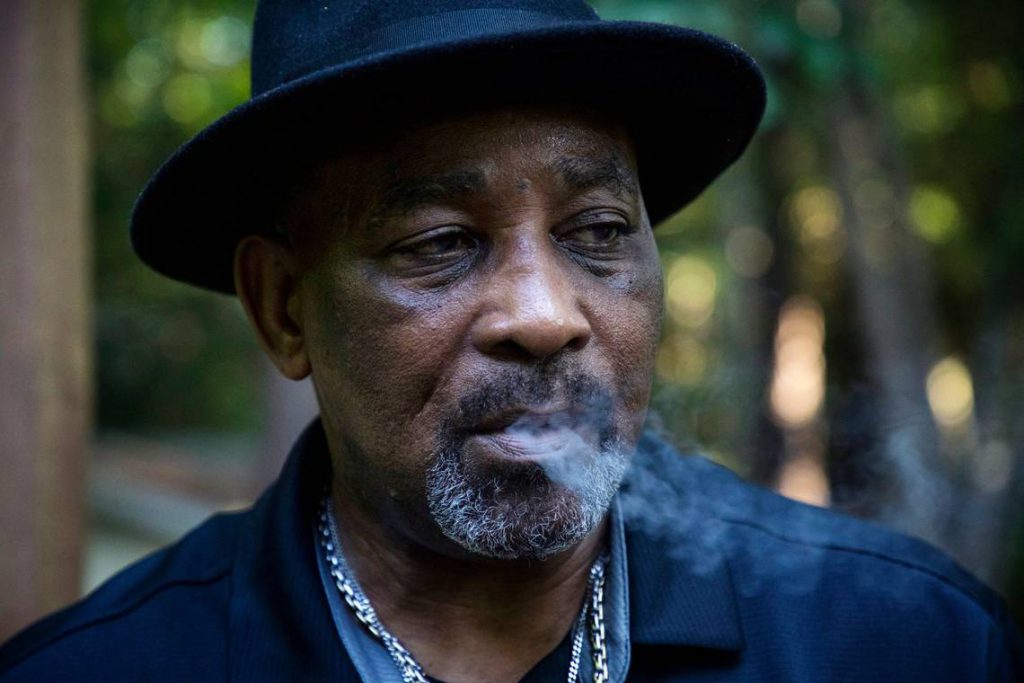
When I saw Ronnie Long openly express his heartbreak and fury, I realized how I’d expected exonerees to smile and be thankful for what they were given, rather than demanding acknowledgment of the life that was stolen from them. When I saw Ronnie Long smoke a cigarette in front of a reporter’s video camera, blow out the smoke and say, “That’s freedom,” I realized how we pressure exonerees to appear perfect. In our society, the wrongfully convicted have to prove themselves worthy of freedom, just as Black people have to prove that they are well behaved enough not to be killed by police. Long made me realize that I, too, had absorbed the idea that exonerees must be model citizens to earn our sympathy.

· Kristin Collins

In September 2014, I was sitting with Henry McCollum at the moment a judge ordered his release from death row for a crime he did not commit. Many folks in the courtroom clapped in celebration. Others embraced out of relief. It had been 30 years since Henry and his brother Leon Brown – two innocent and intellectually disabled children – had been convicted and sentenced to death in Robeson County, North Carolina. A case that had captured the country’s attention had come to an end for the two men, who had unflinchingly claimed their innocence for all those years. But Henry, the innocent man at the center of it all, remained solemn.
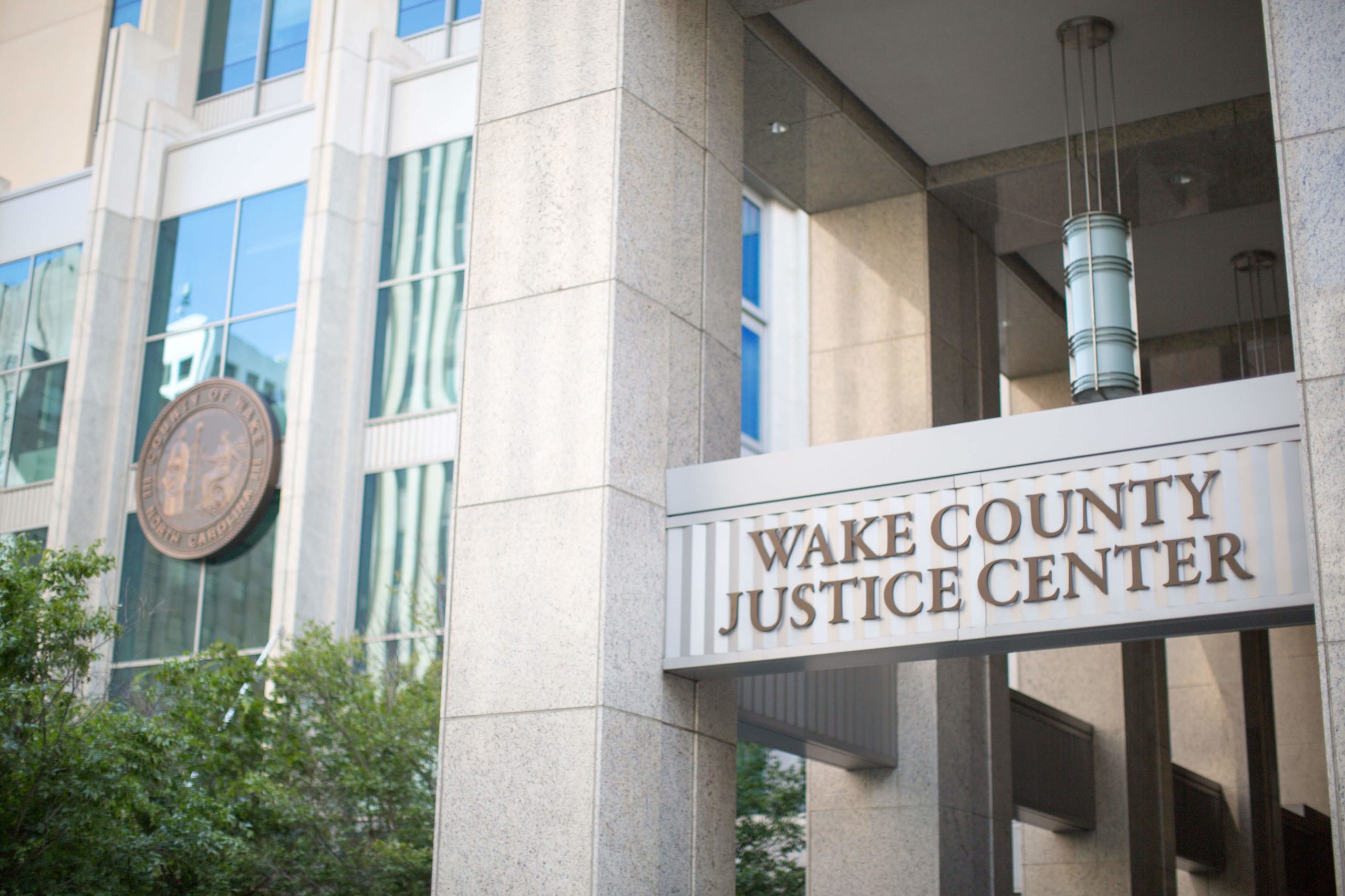
· Kristin Collins
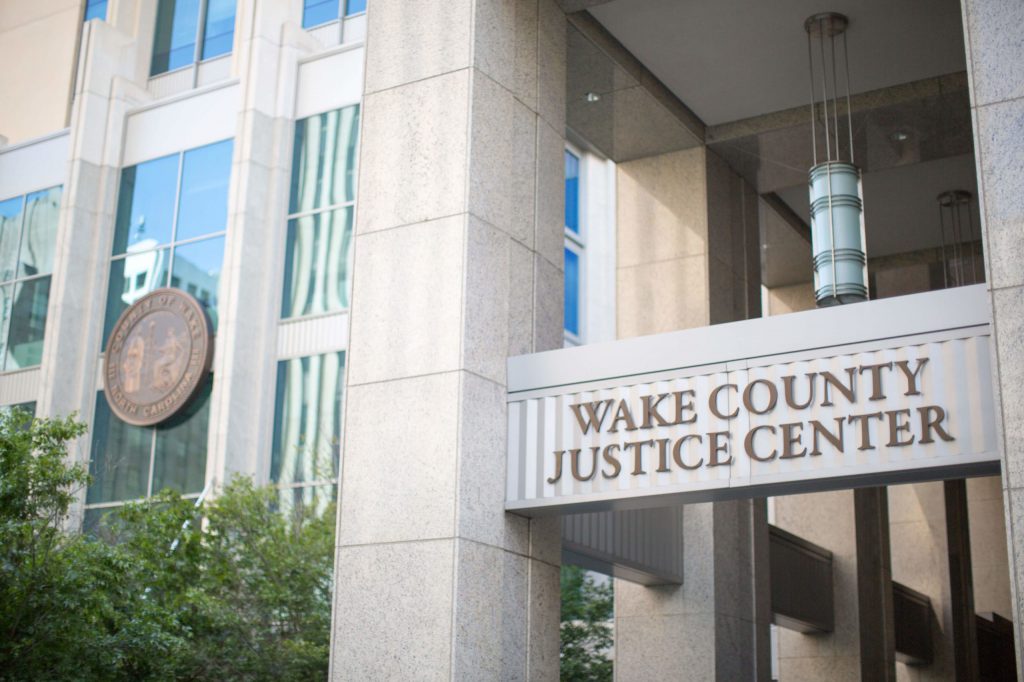
A bipartisan group of North Carolina legislators introduced a bill this week to prohibit the death penalty for people with severe mental illness. Here’s a recent case that illustrates why this law is so needed: Wake County prosecutors knew that Kendrick Gregory had severe mental illness when they decided to try him capitally. In the eight months before the crime, he’d been hospitalized at least 20 times for mental illness. He checked himself into emergency rooms over and over, reporting symptoms of psychosis. On some occasions, he said he heard voices telling him to hurt himself. In the five years that they sought to try him for the death penalty, his mental illness became only more apparent. It is both immoral and unconstitutional to execute people who cannot understand or regulate their actions. Yet, in North Carolina, it remains accepted practice to try people with severe mental illness for their lives.
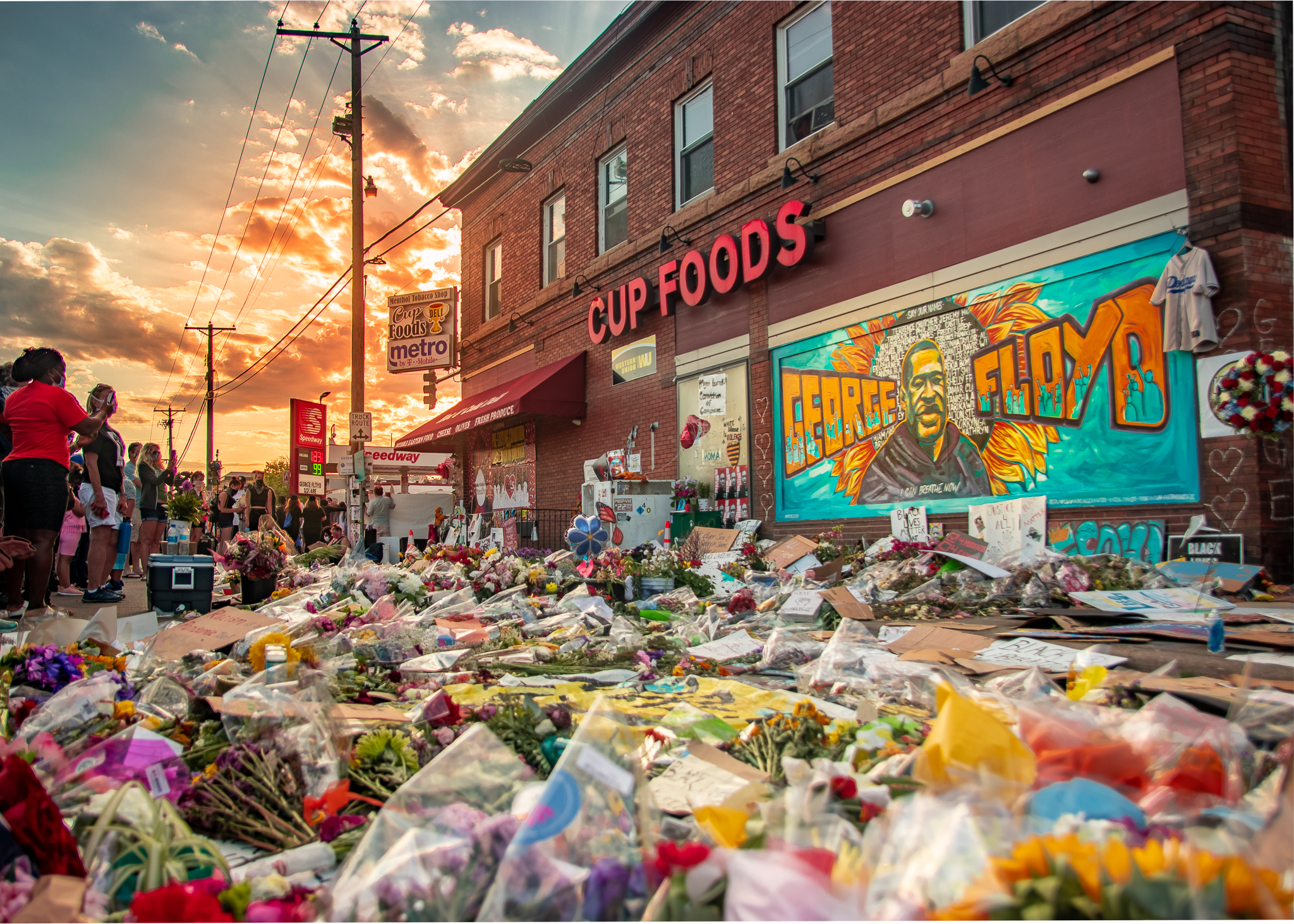
· Kristin Collins
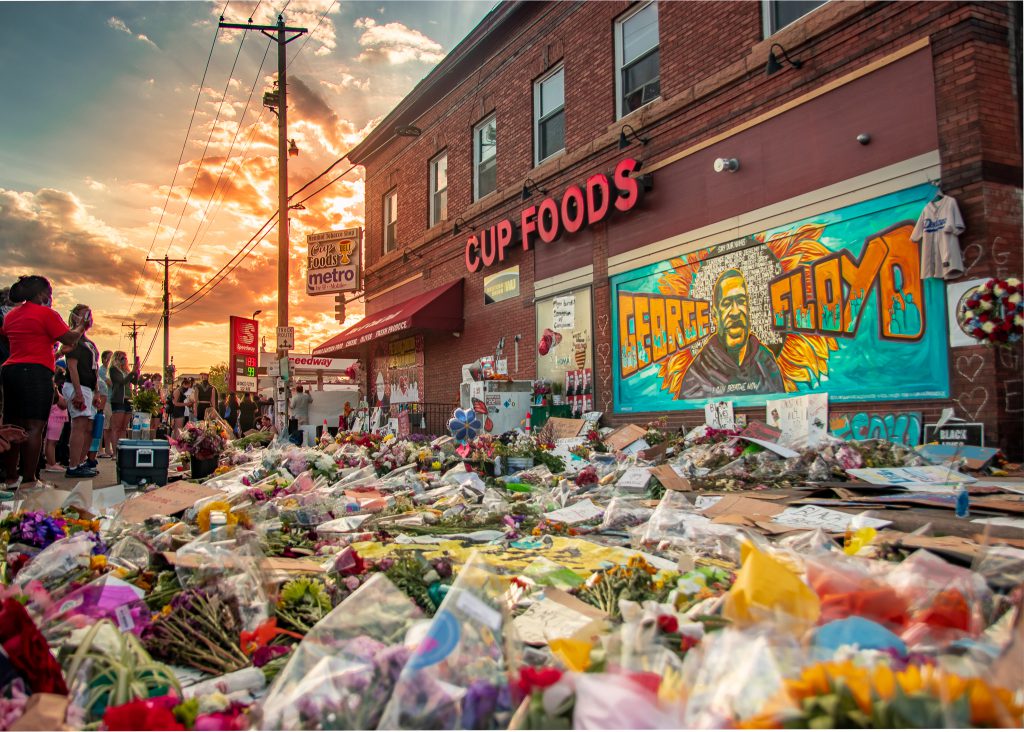
No one should have been on the edge of their seat about the verdict in Derek Chauvin’s trial. He was caught on video kneeling on George Floyd’s neck for more than nine minutes as Floyd begged for his life. But this is America, where police are almost never held accountable, so we held our breath and prepared for Chauvin to be acquitted. But in this rare case, a jury of six white, four Black and two multiracial people provided a measure of justice, finding Chauvin guilty of murder. Surely, the jury’s diverse makeup helped it reach this much-needed verdict. Yet, it’s exactly this kind of diversity that prosecutors often work to avoid. They strike Black citizens from juries at far higher rates than whites. Then, when they’re accused of violating the law prohibiting racist jury strikes, they offer the flimsiest possible defenses. And no matter how implausible their excuses are, they almost always get away with it.

· Kristin Collins
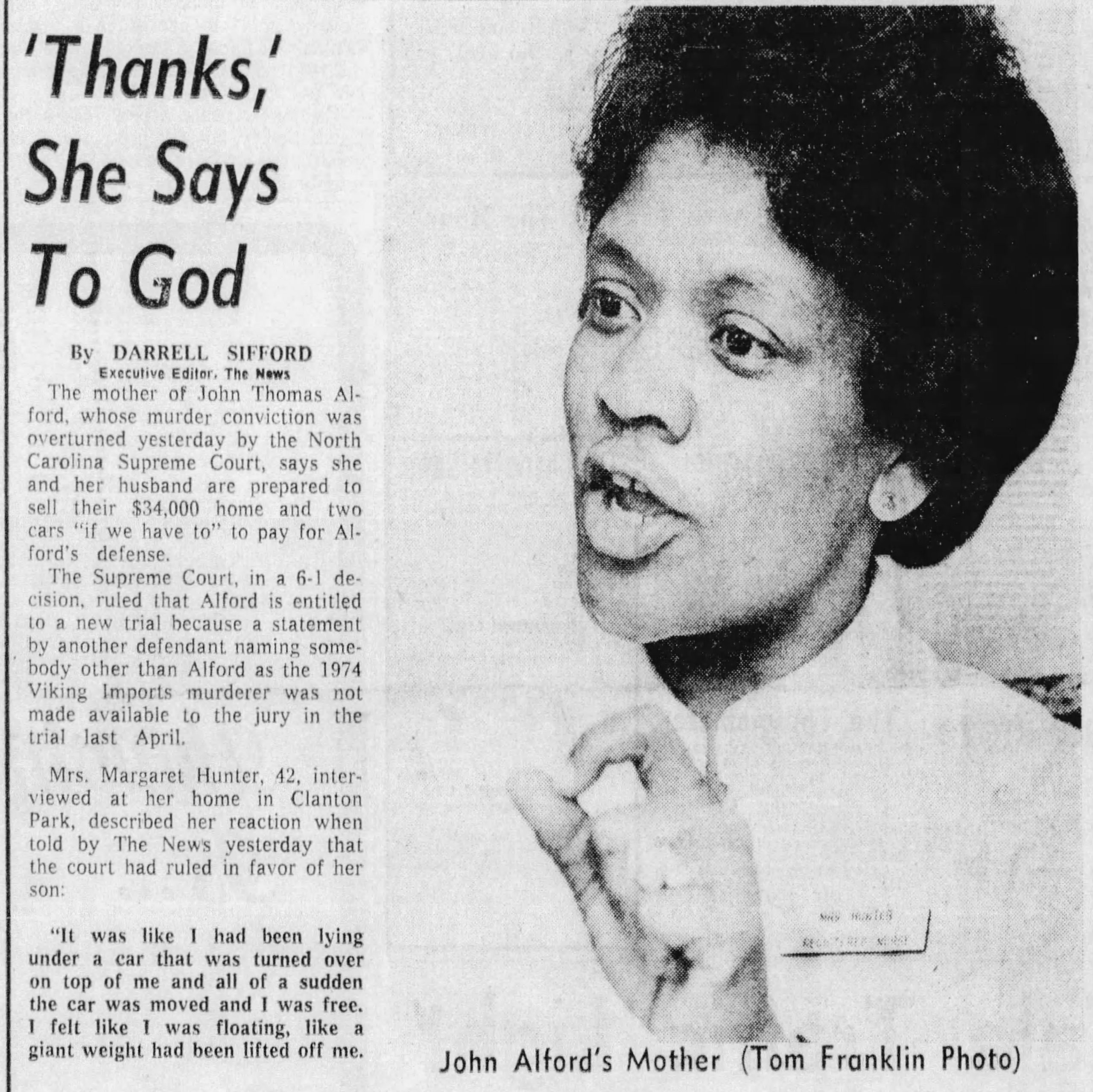
· Kristin Collins
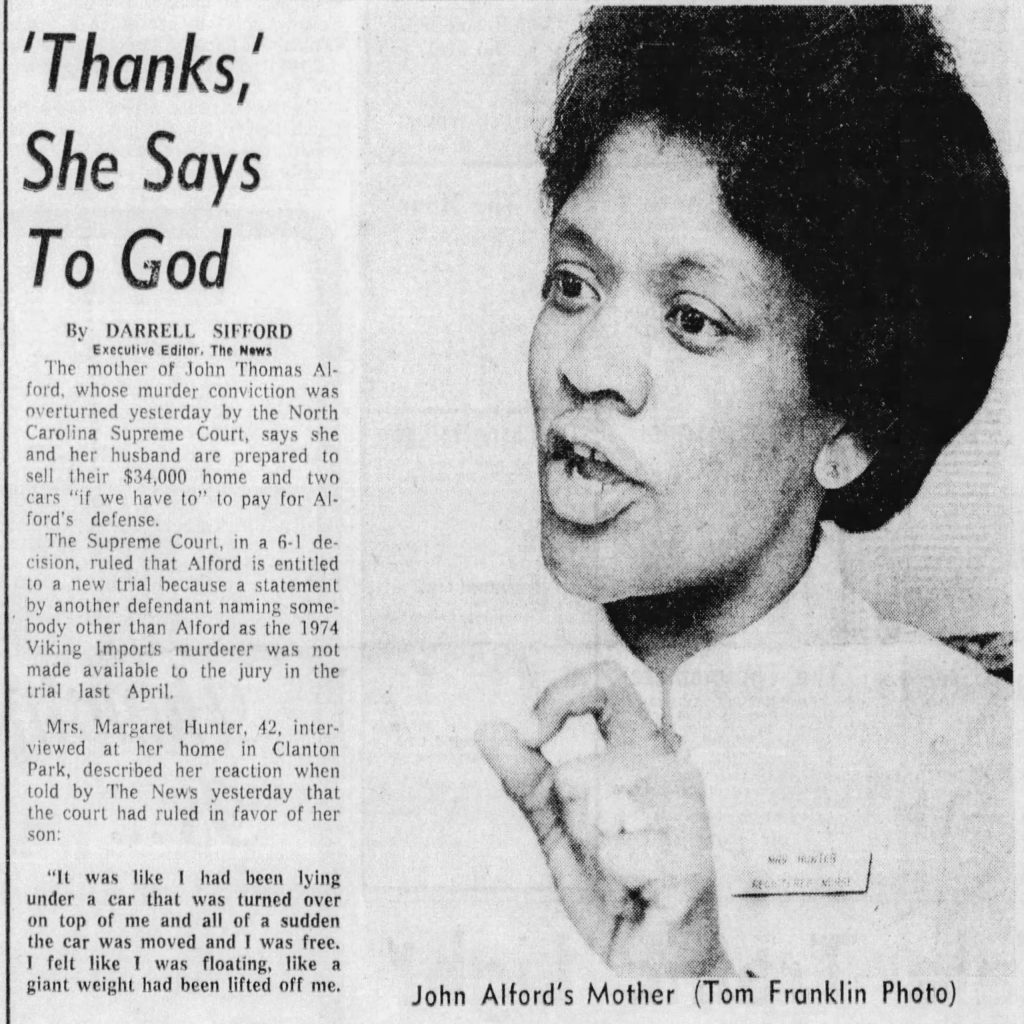
Last month, two new men were added to the list of innocent people who’ve been sentenced to death in North Carolina. Anthony Carey was sentenced to execution for a murder he took no part in, based entirely on the testimony of a 16-year-old who had made a deal with the police. The teen said that while he robbed and murdered a gas station attendant, Carey was a passenger in a getaway car parked blocks away. In exchange for that testimony, the prosecutor allowed the teen to plead guilty to second-degree murder while Carey went to death row.
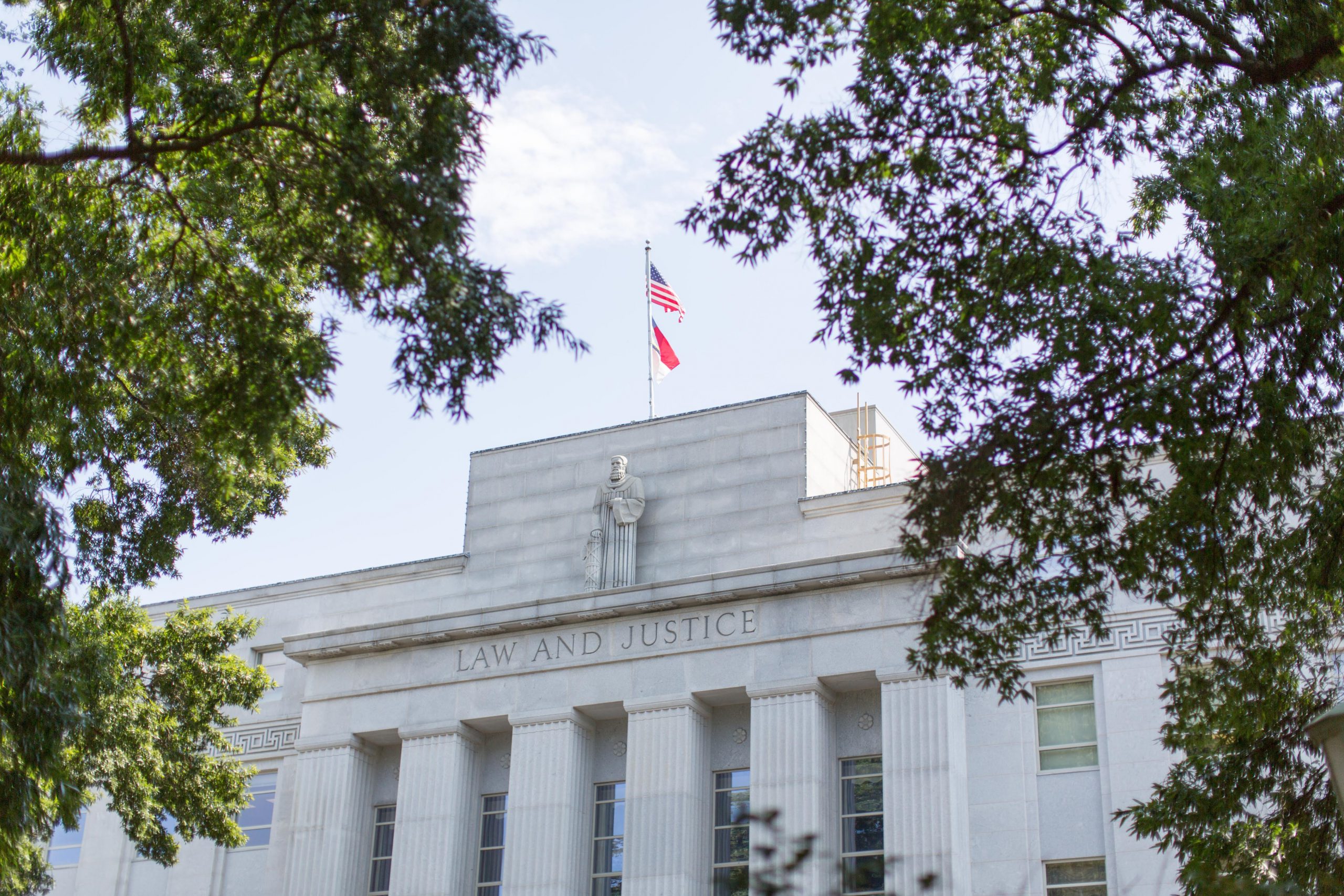
· Kristin Collins
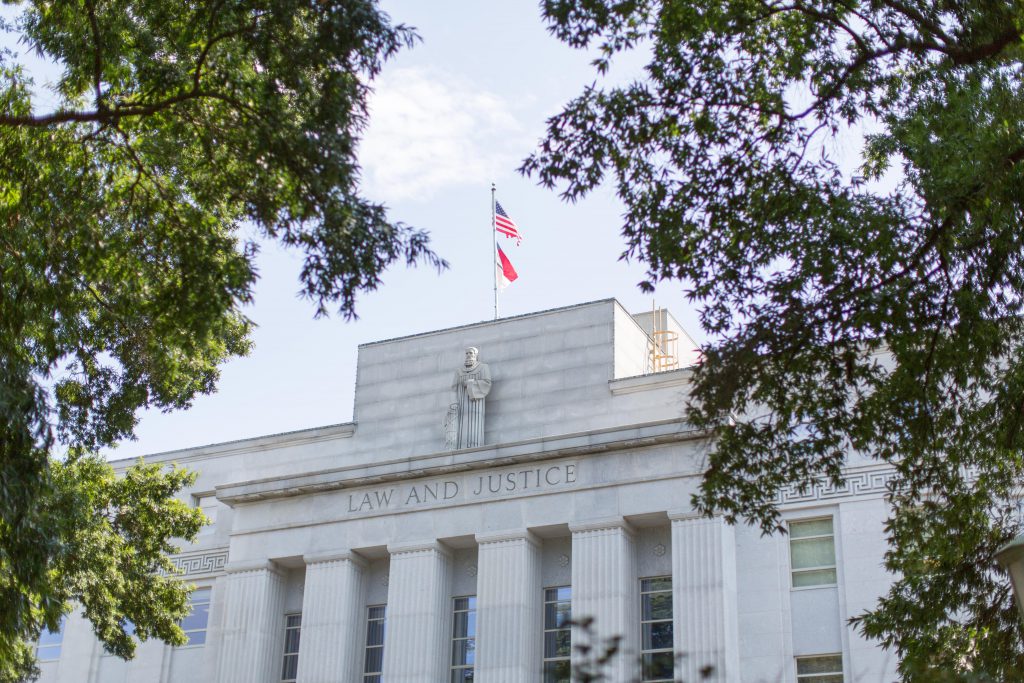
This week, a diverse group of criminal justice leaders announced a campaign to rid North Carolina’s courthouses of Confederate symbols. At least 39 counties have these racist monuments on grounds that should be dedicated to impartial justice. The N.C. Commission on Racial and Ethnic Disparities in the Criminal Justice System says it will create a complete database of all Confederate symbols on courthouse grounds; sponsor events to educate the public on the history of these monuments, most of which were erected in the Jim Crow era as symbols of white supremacy; develop a legislative and legal strategy for monument removal; and serve as a resource for communities seeking to remove them. At NCCADP, we wholeheartedly support this work and see it as closely related to our efforts to abolish the death penalty.

· Kristin Collins

· Kristin Collins

This month, the Center for Death Penalty Litigation launched an ambitious new online project, Racist Roots: Origins of North Carolina’s Death Penalty.
The project includes essays, poetry, artwork, commentary, and historical documents that place the state’s death penalty in the context of 400 years of history and expose its deep entanglement with slavery, lynching, Jim Crow, and modern systemic racism. The death penalty, the project contends, is another Confederate monument that North Carolina must tear down. Read the introduction here and then explore the rest of the project at RacistRoots.org
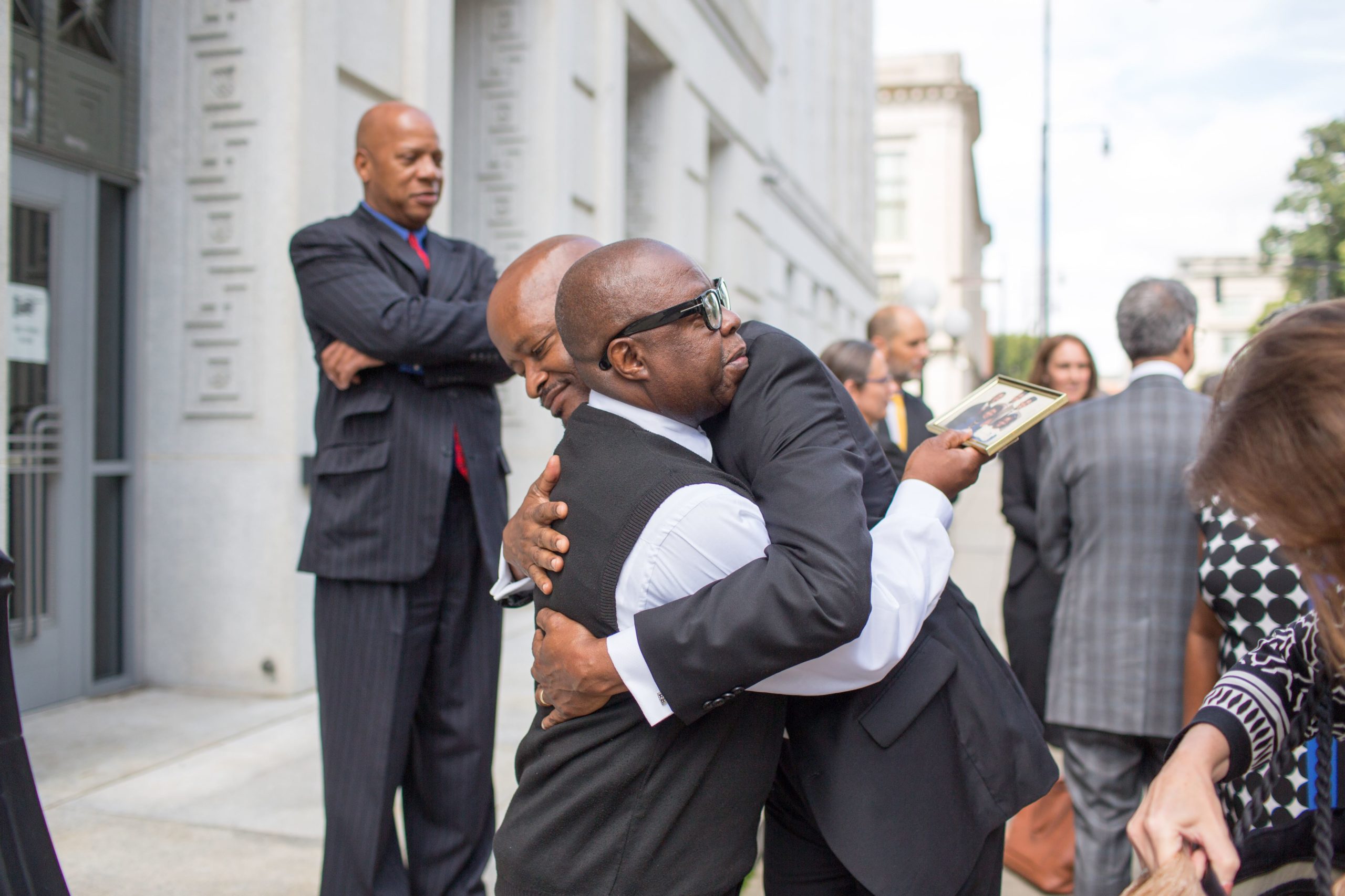
· Emily Baxter
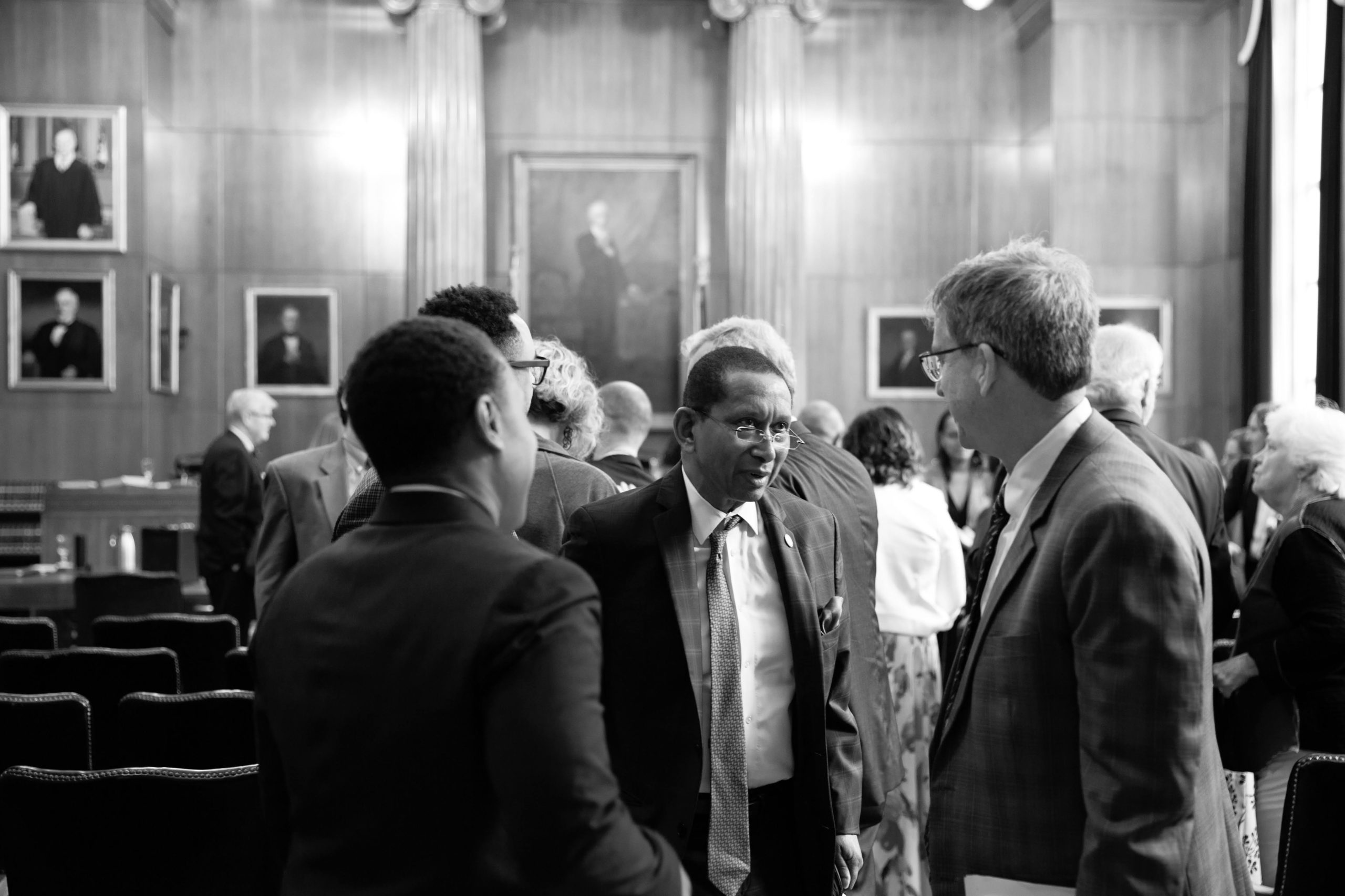
· Emily Baxter
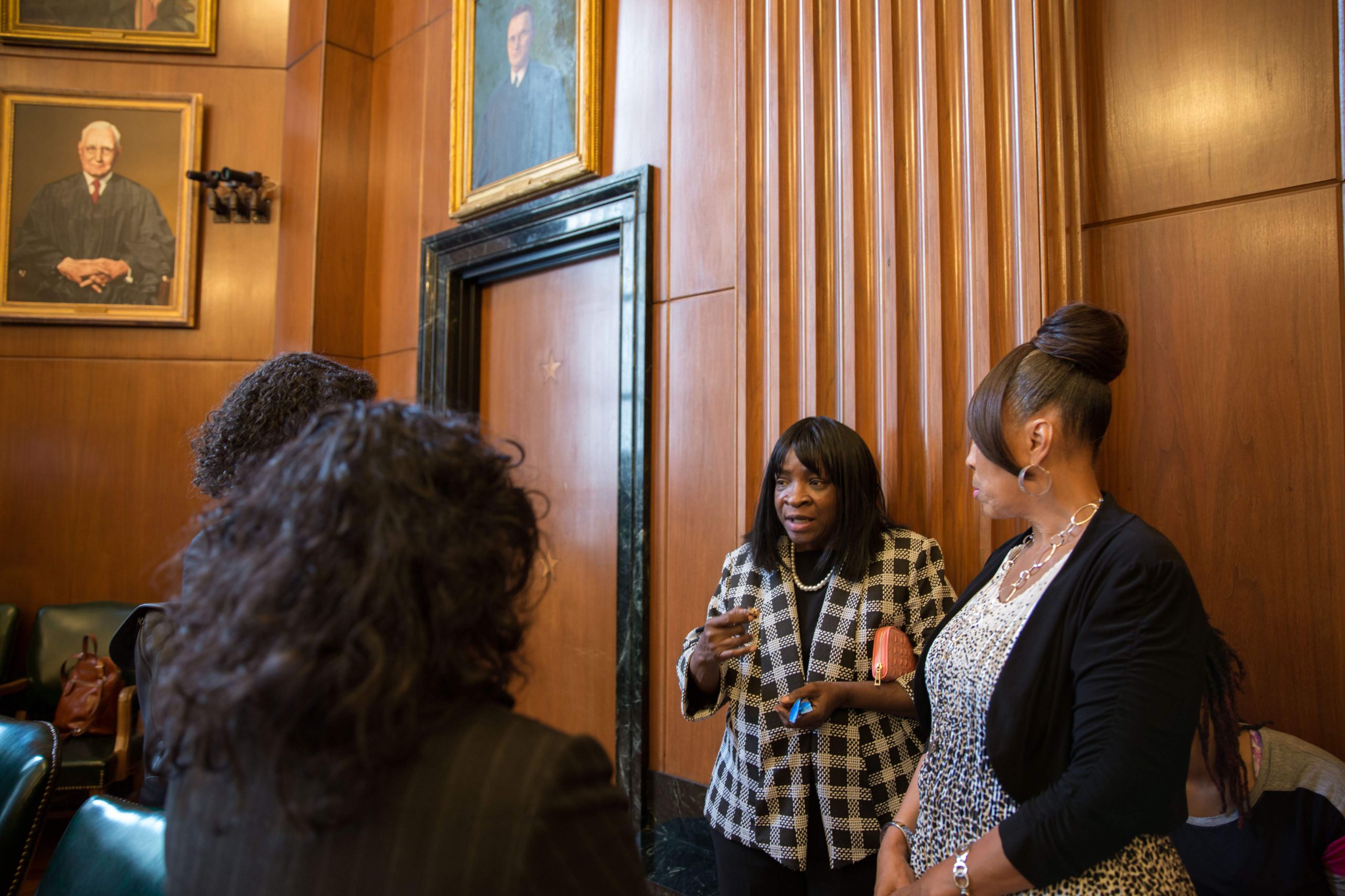
· Emily Baxter
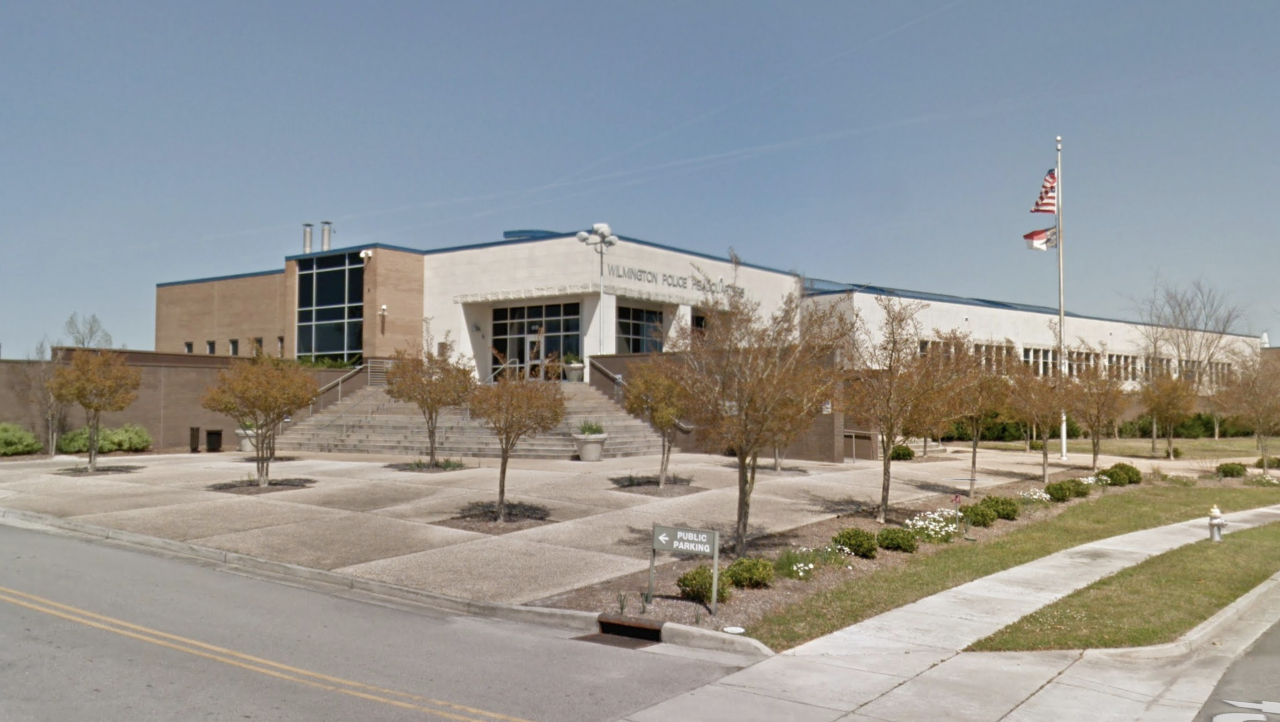
· Kristin Collins

Last week, three Wilmington police officers were fired after being caught on tape making some of the most vile and racist statements imaginable. Unbelievably, their desire to gun down Black people in a race war was just one entry in a litany of shocking and despicable comments. Firing them was a good first step, but we must admit that the problem is far broader. It’s time to unearth the real-life consequences of such racist attitudes.

· Emily Baxter
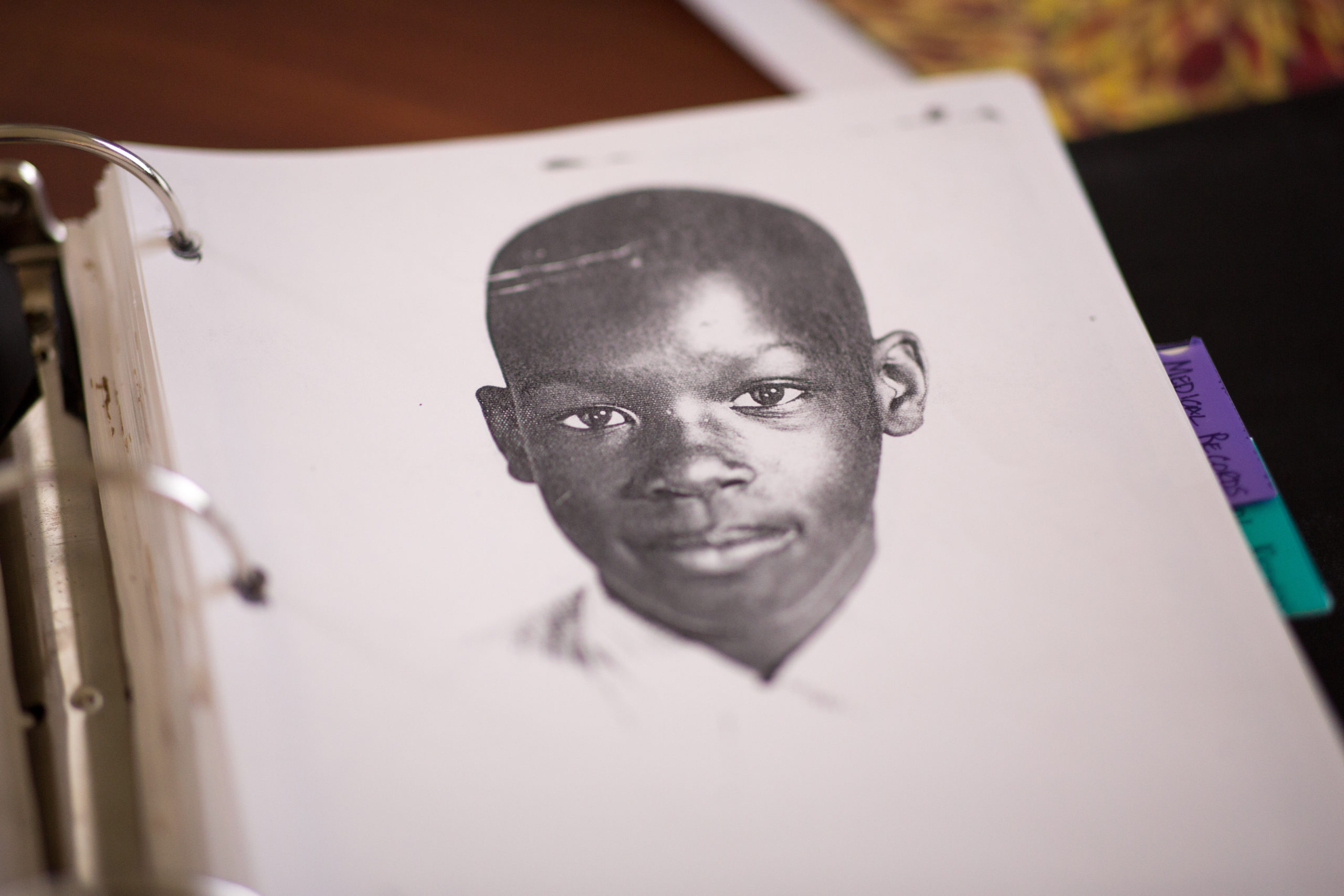
· Emily Baxter

· Kristin Collins
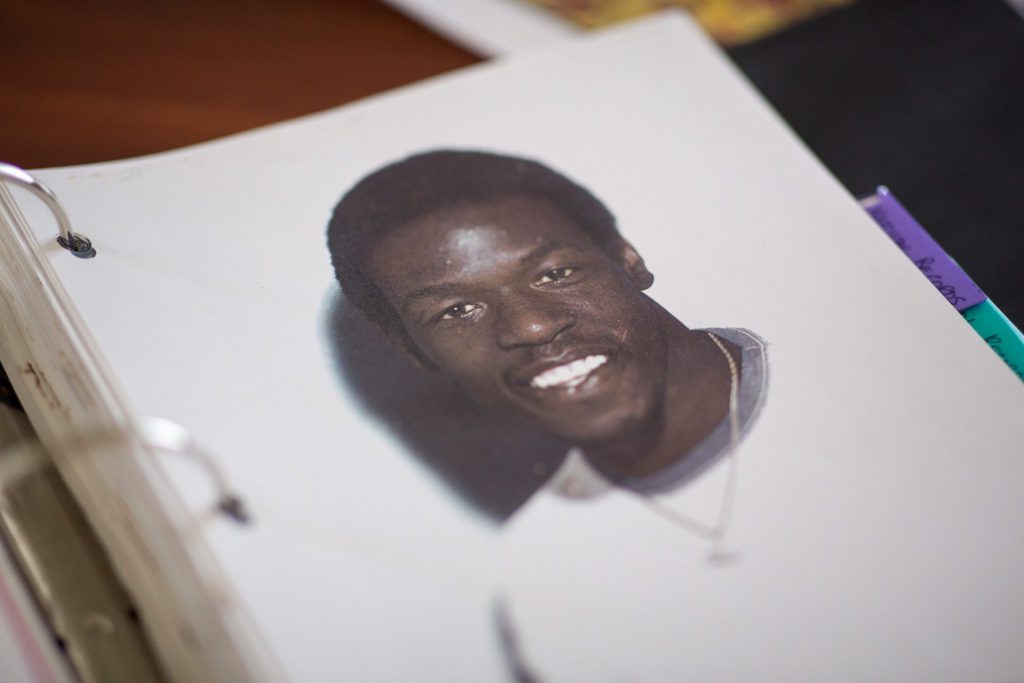
There have not yet been any reported cases of Coronavirus on North Carolina’s death row, but prisons have emerged as some of the worst hot spots for Covid-19. More than 25,000 cases have so far been diagnosed among U.S. prisoners and the numbers are increasing exponentially. Rayford Burke is 62 years old and has lived on North Carolina’s death row since 1993. In prison, Rayford has taken up writing and become a keen observer of the world. Here we share his most recent work, a poem in honor of Covid-19 first responders.

· Kristin Collins

Last week, the state announced that an unnamed prisoner had become the first person to die from a Covid-19 outbreak at North Carolina Women’s Prison. The person was Faye Brown, and her death is the end of a 45-year story that demonstrates the cruelty and excess of our punishment system. In a humane system, this 67-year-old woman who reformed herself in every way possible would have gotten a second chance at life in the free world. In that world, she would have had at least the possibility of protecting herself from a deadly virus. But in our system, which prides itself on unending punishment at any cost, a life sentence turned into a death sentence.

· Kristin Collins

In these days of COVID, it’s easy to be overwhelmed by bad news. But we shouldn’t forget to celebrate good news, and we’ve had a little of that in the past week. On Friday, the North Carolina Supreme Court issued a decision that sends a clear message: North Carolina’s courts must finally begin to take the exclusion of black jurors seriously. The decision says that, when a person on trial suggests that a prosecutor struck a juror because of the juror’s race, the courts must fully investigate. They must consider the history of disproportionate jury strikes in the county, and compare the treatment of white people and people of color in the jury pool to see if it’s been equal. If these sound like no brainers, that’s because they are. This is the least the courts can do to begin to end the decades-long practice of denying people of color a voice in the criminal punishment system.
· Kristin Collins
COVID-19 is teaching society many lessons. One of them is that public safety doesn’t always mean locking people up for as much time as possible. Right now, public safety means letting people go home. With the number of infected prisoners and guards growing quickly, reducing incarcerated populations protects us all — because once the virus spreads inside a prison, it doesn’t stay there. Prisons are like small cities. Many people go in and out every day: staff, defense lawyers, law enforcement, doctors, and many more. If a virus is in a prison, it threatens the free world too.
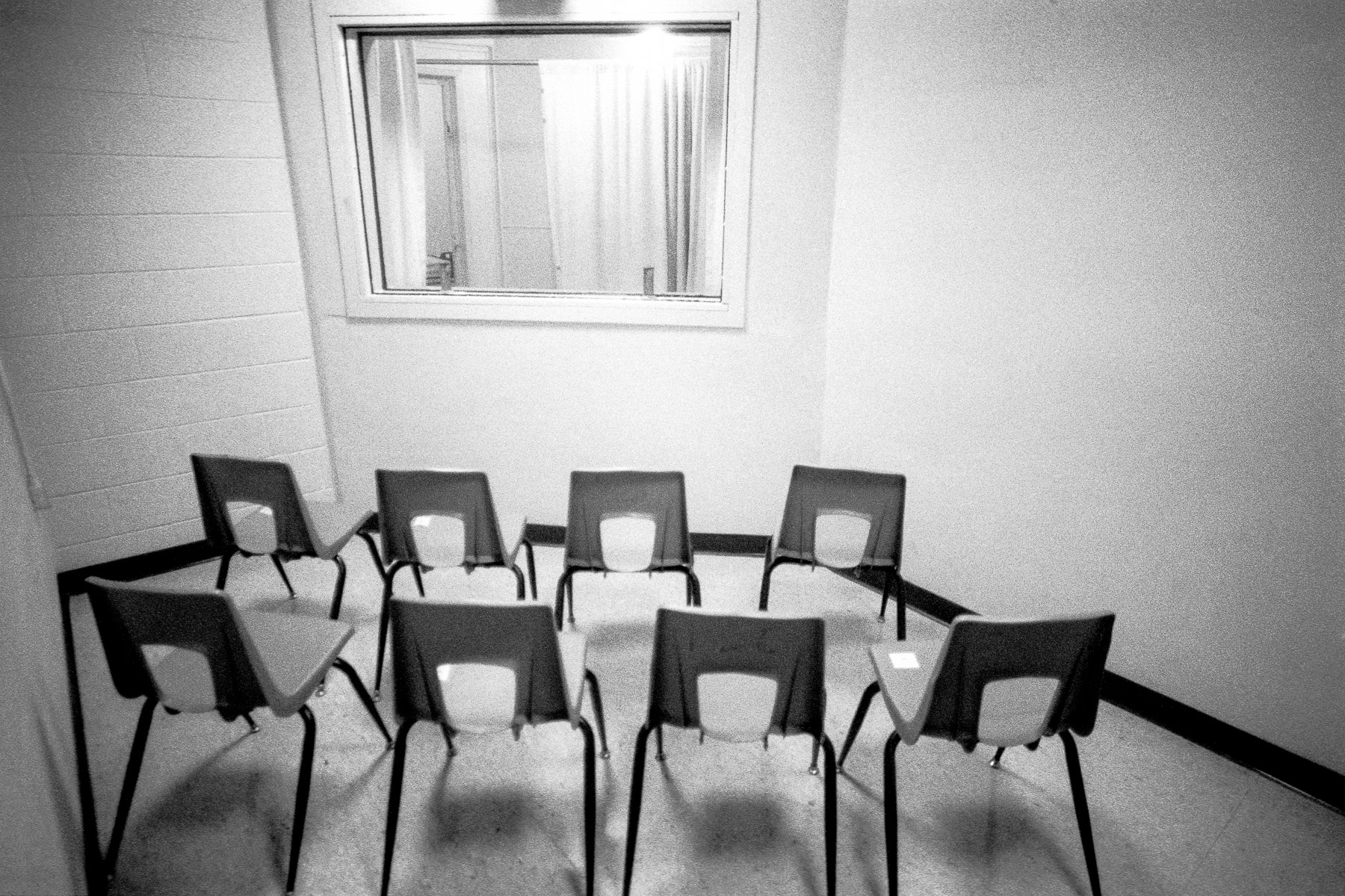
· Kristin Collins
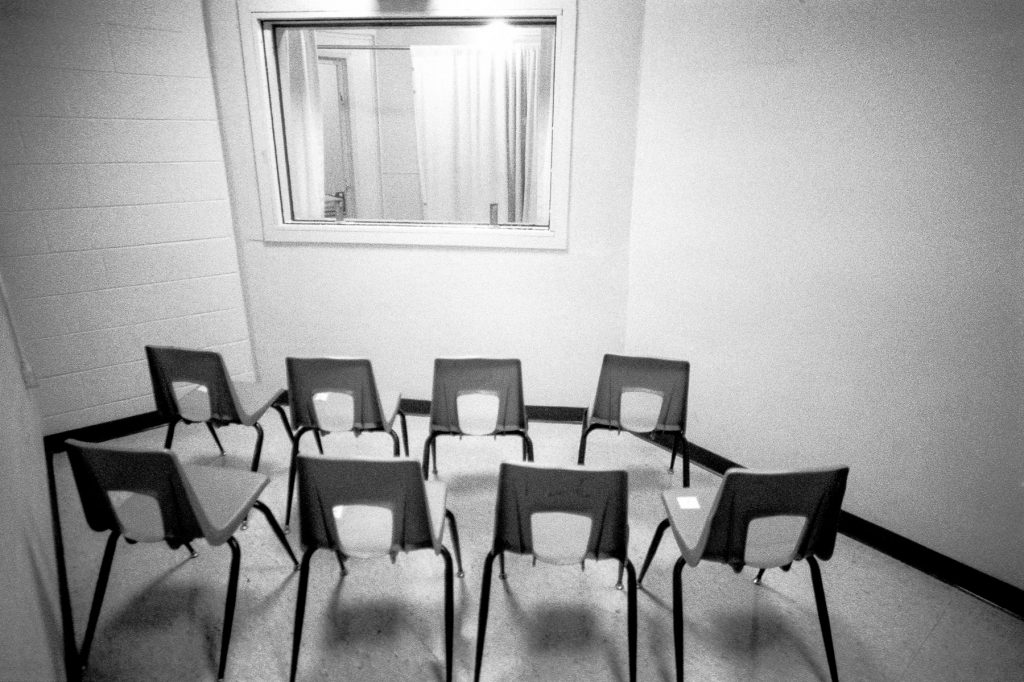
In the midst of a Coronavirus pandemic, society is forced to decide which work is essential. Across the United States, that question is now being applied to countless enterprises — including the death penalty. Is it essential for states to kill people? Eighteen executions are scheduled between now and the end of the year in Texas, Missouri, Ohio and Tennessee. Countless death penalty trials are also planned across the country, including in North Carolina. The courts are likely to call most or all of them off because, right now, if our society wants to kill, we must risk harming innocent people too. That has always been true, but the Coronavirus allows us to see and feel that risk more concretely.

· Kristin Collins

This week, some much-needed good news came out of Colorado. Gov. Jared Polis signed a bill ending the death penalty and commuting the sentences of the state’s three remaining death row prisoners. His signature made Colorado the tenth state since 2007 to decide that the death penalty isn’t necessary to maintain public safety and does more to perpetuate injustice than to ensure justice. Right now, with Covid-19 bearing down, most states and local governments are focusing on short-term efforts to cut jail populations and release some of the scores of people who are behind bars only because they can’t afford to pay bail. But Colorado has taken a step at the other end of the spectrum, joining a national movement away from the death penalty.
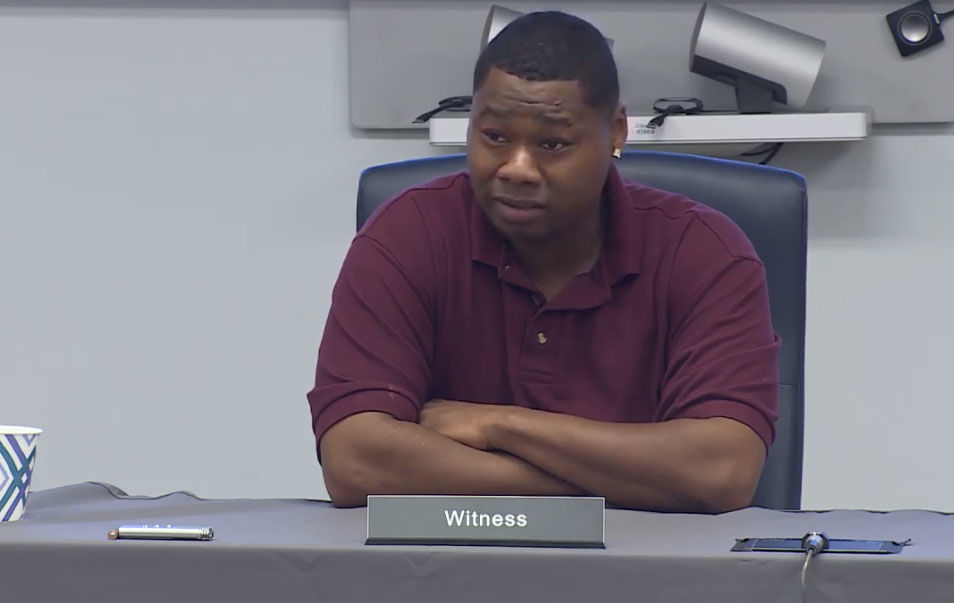
· Kristin Collins

The five boys were 14 and 15 years old when they were taken to the Winston-Salem police station. The cops wanted them to confess to the murder of Nathaniel Jones, a 61-year-old man who’d been beaten, robbed and left tied up on his carport, then died of a heart attack. The boys said they knew nothing about the crime. Detectives separated the children and interrogated them hour after hour, without lawyers or their parents there to help them. Police threatened them and told them that if they confessed, they’d be allowed to go home. One detective described the process of death by lethal injection. “Hold out your arm,” the armed officer said to the child. “That’s the vein.”

· Kristin Collins

Since Freeman took office in 2014, Wake has sought the death penalty at trial more than any other North Carolina county. And in almost every case, the defendant has been a black man. Freeman would have voters believe she has no choice but to pursue the death penalty, but it’s simply not true. She’s making a conscious choice to put people with severe mental illness on trial for their lives, to fight to keep innocent people in prison, and to disproportionately seek the death penalty against people of color. The citizens of Wake County deserve better.
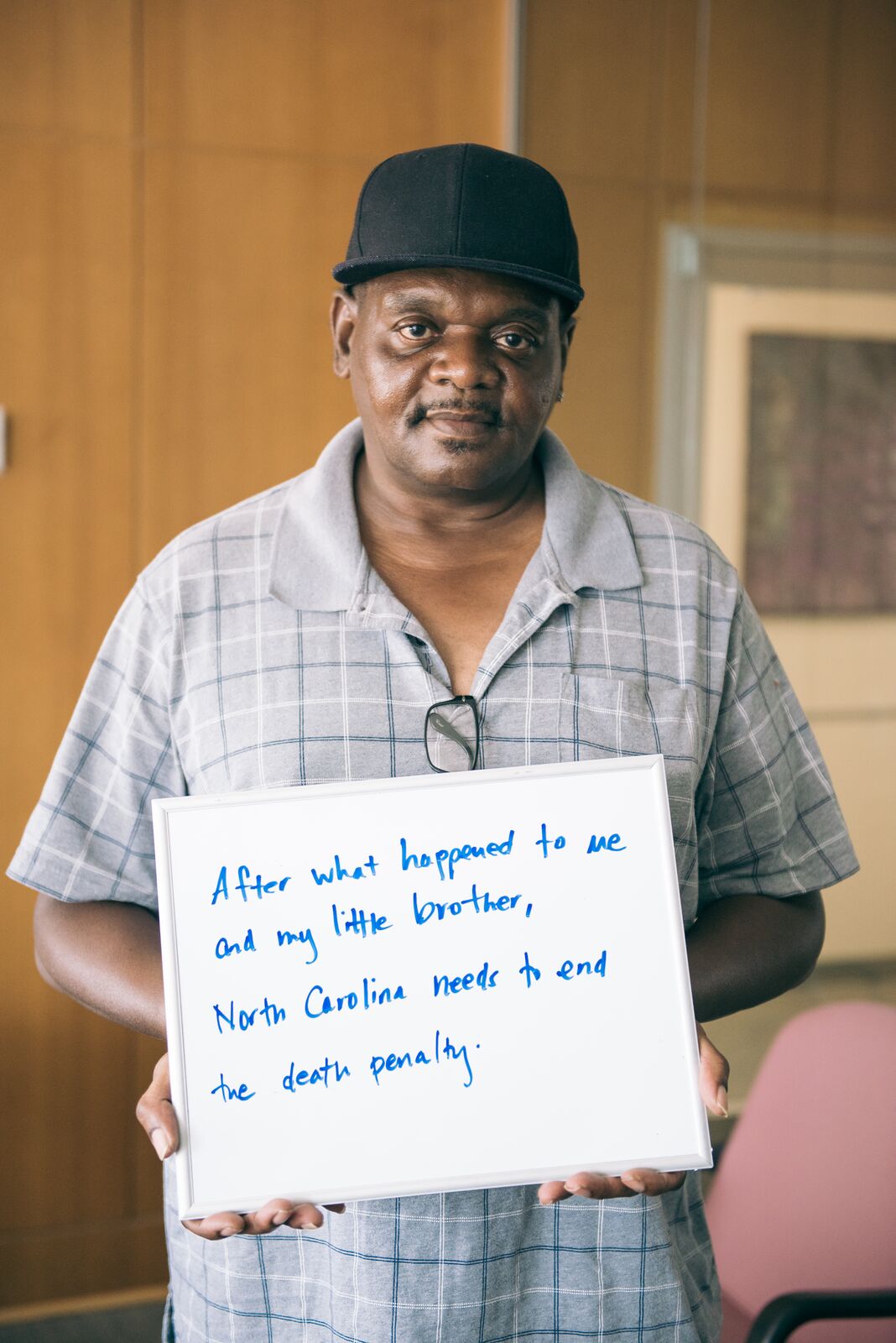
· Kristin Collins
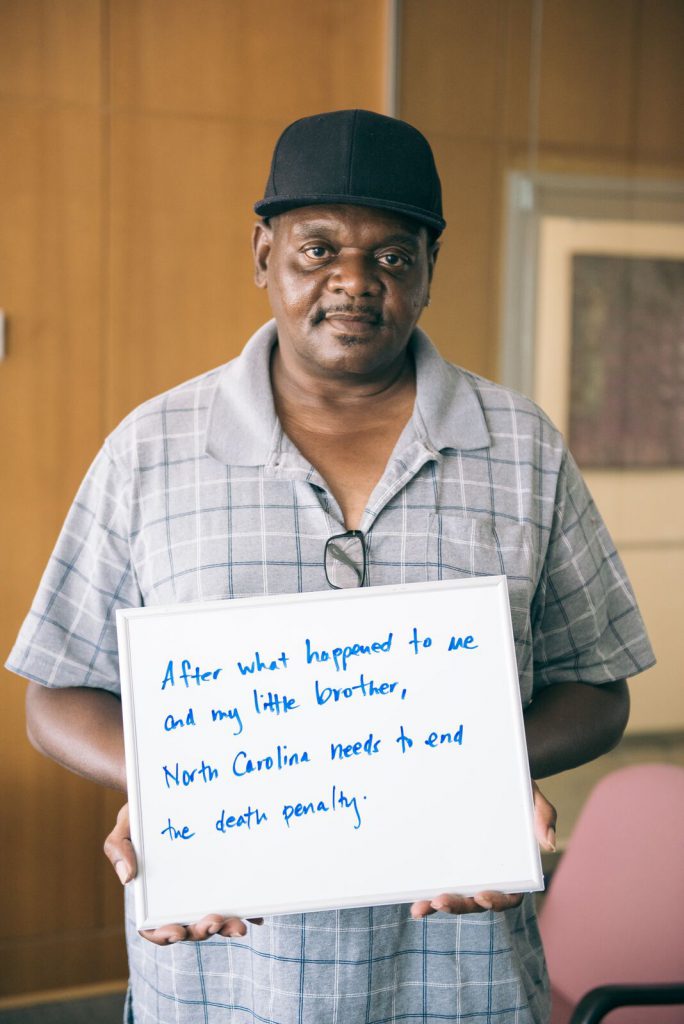
Last week, I went to visit a man who has lived on North Carolina’s death row for 19 years. We talked about books and writing and art. He told me about the two plants he dug up from the prison yard and now keeps in his cell. Each morning, he moves them into a patch of light near the window. He plays classical music, because he read that it helps plants grow. As he tends to them, he thinks of his grandmother. He used to tell her she was crazy to talk to her plants. Now, he’s past 50, about the age his grandmother was in his memory, talking to his own plants on death row. He reminded me that our work to end the death penalty isn’t just theoretical. It’s about believing in the possibility of every human life.

· Kristin Collins

Until the middle of the 20th century, the law barred women from jury service. The myth was that women are weak and overly emotional, not rational enough to serve on juries. A brief filed in late September in a North Carolina death penalty case shines a rare light on the persistence of sexist stereotypes in the legal system. Bryan Bell was sentenced to death in Sampson County in 2001. A woman was rejected from his jury because the prosecutor was looking for “strong male” jurors.

· Kristin Collins

The state Supreme Court recently agreed with two separate death row prisoners that questionable evidence was used at their trials. Both will get new chances to present evidence that could exonerate them. These cases highlight the fact that many of North Carolina’s more than 140 death sentences are based on weak and even false evidence.

· Kristin Collins
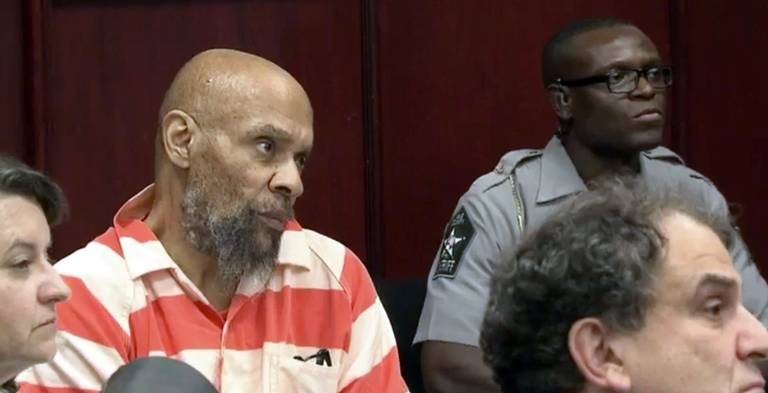
· Kristin Collins

Most of us think, “I would never confess to a crime I didn’t commit.” But the sad reality is, people do it all the time. More than a quarter of DNA exonerations involve a false confession. North Carolina’s longest serving death row exonerees, Henry McCollum and Leon Brown, were sentenced to death and spent a combined 60 years in prison because police interrogators manipulated them into taking responsibility for a terrible crime they had nothing to do with. In fact, many American law enforcement officers are trained to conduct interrogations in ways that recklessly encourage false confessions.
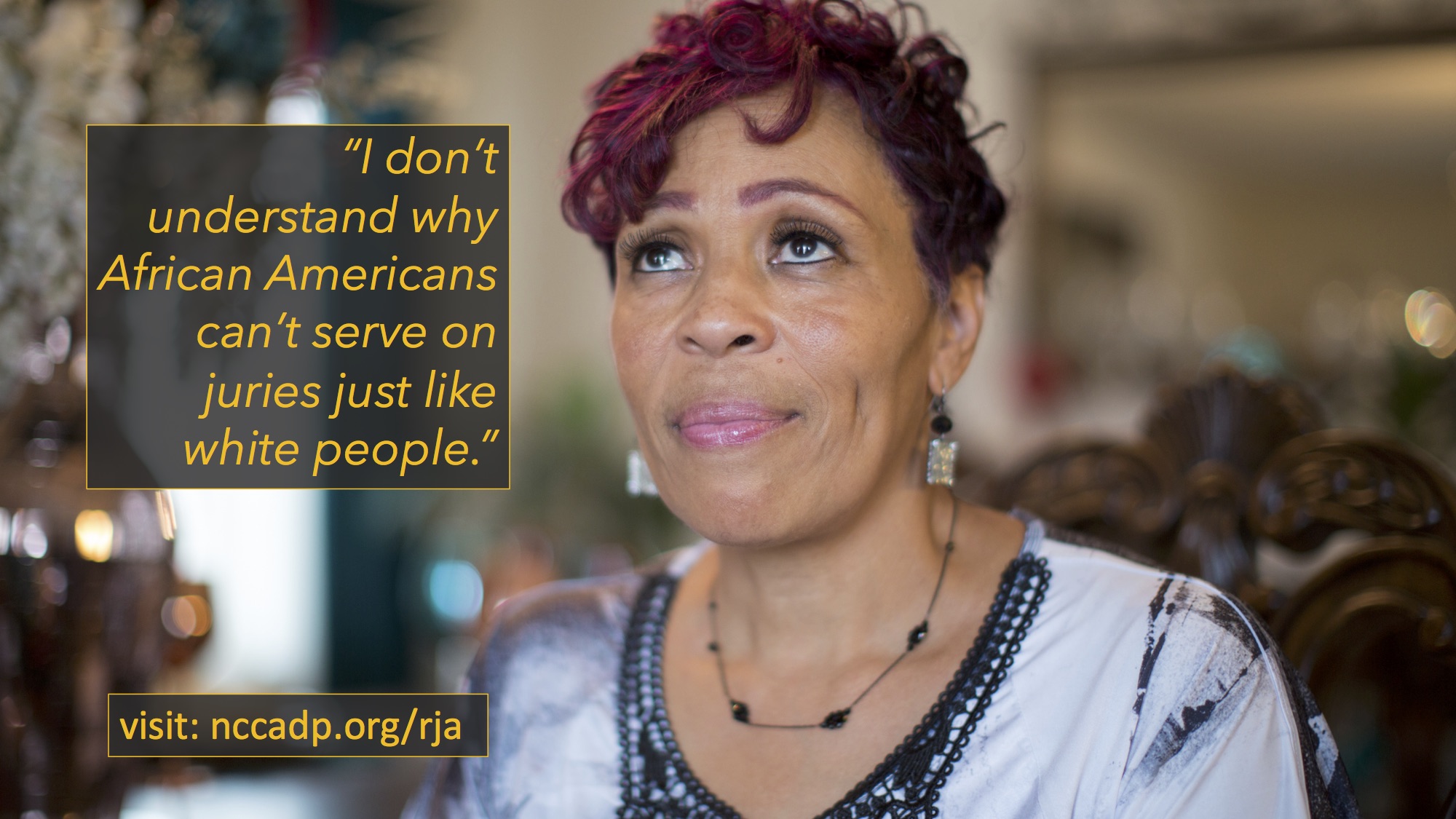
· Kristin Collins
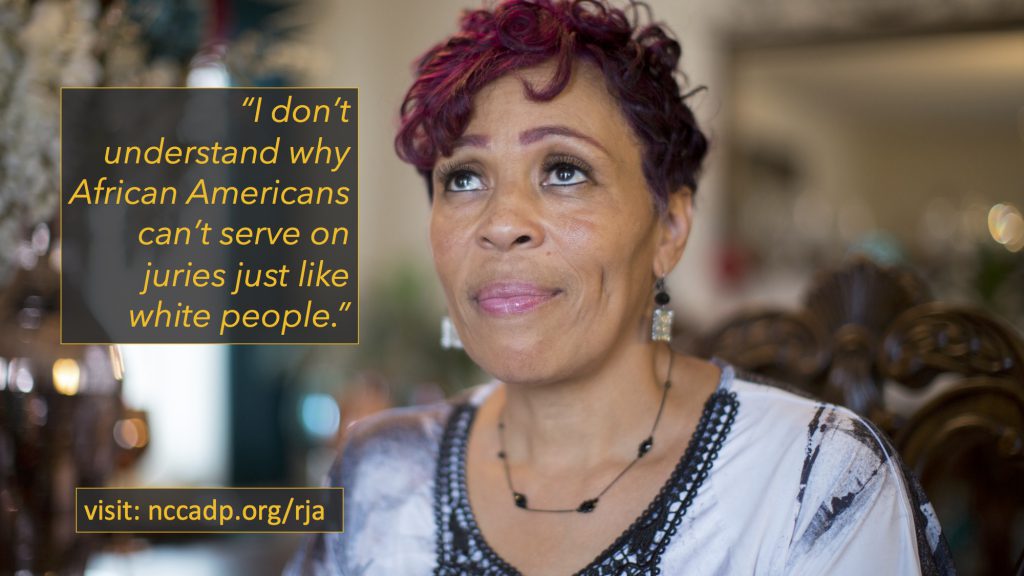
A big day is coming up, and we need your help! Beginning one week from today, North Carolina’s highest court will hear six cases under the North Carolina Racial Justice Act. These cases go to the heart of our fight to end the racist death penalty. They include stunning evidence of racism in death penalty trials. The court will have to decide whether that evidence will get its day in court, or whether it will be thrown away. The decision comes down to whether the state will be allowed to execute people whose death sentences are tainted by racism.

· Kristin Collins
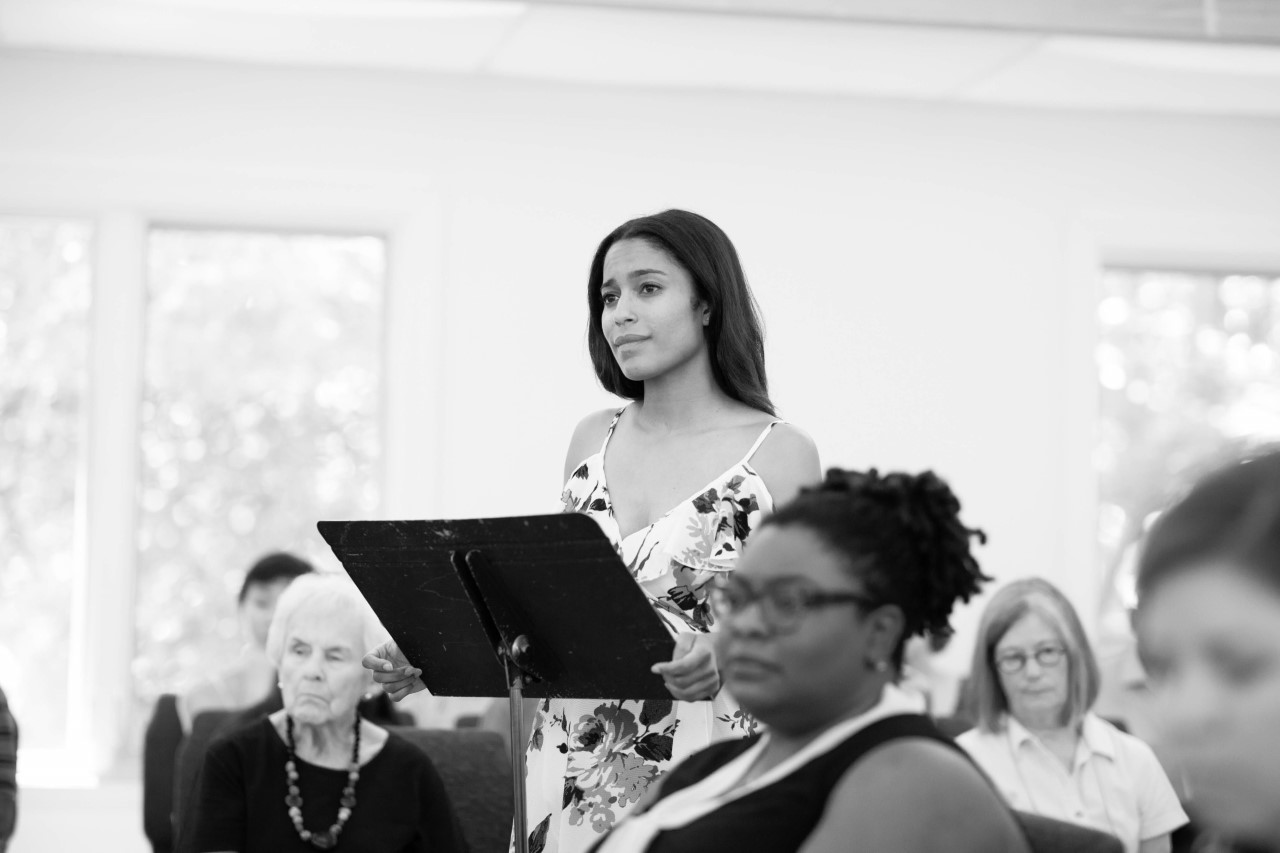
· Kristin Collins
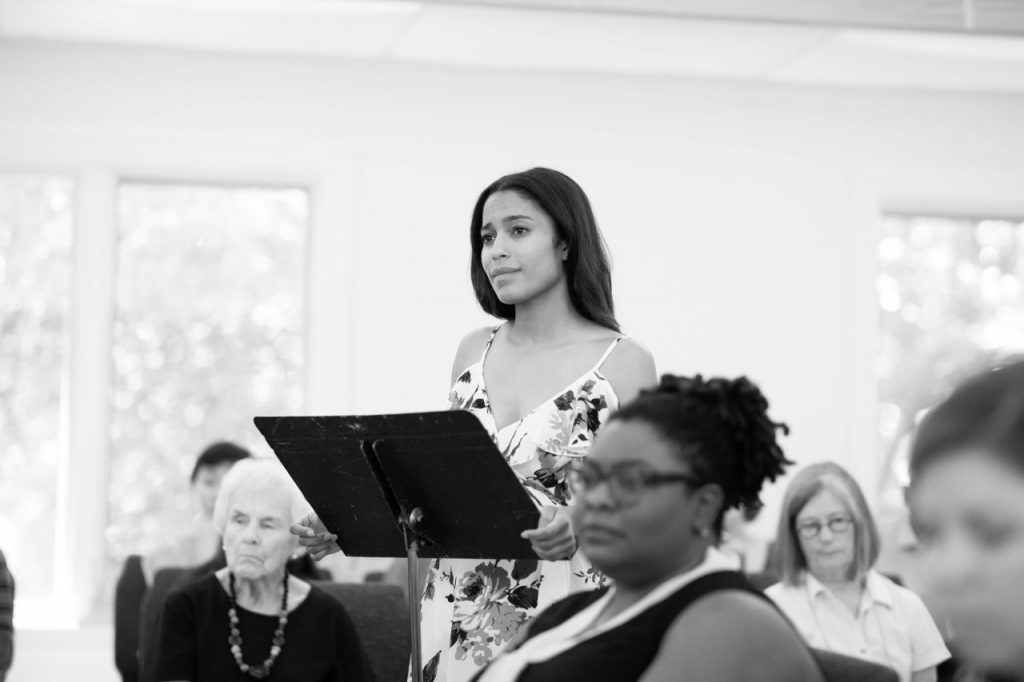
The failures of our broken criminal legal system don’t just affect the people we incarcerate and condemn to death. The injustice of our system ripples out into the world, affecting countless lives. This weekend, advocates and loved ones of incarcerated people shared their stories at the Carolina Justice Policy Center’s Poetic Justice event. Then, spoken word artists created responsive poems. Here, please read the story shared by attorney Erica Washington, who represents people on death row at the Center for Death Penalty Litigation.
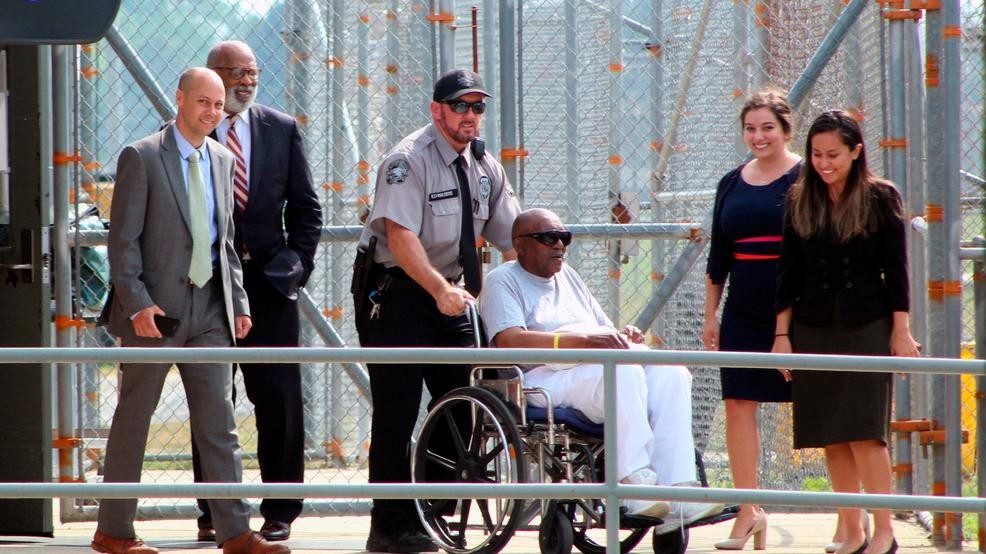
· Kristin Collins

Charles Ray Finch was released from prison last week, 43 years after being sentenced to death for a crime he didn’t commit. His family cheered and thanked God as he emerged from the prison gates, and at Finch’s request, they all went for barbecue. Exonerations always have a celebratory feel of justice finally being served. But don’t mistake Finch’s case for justice, or for anything other than a tragedy.
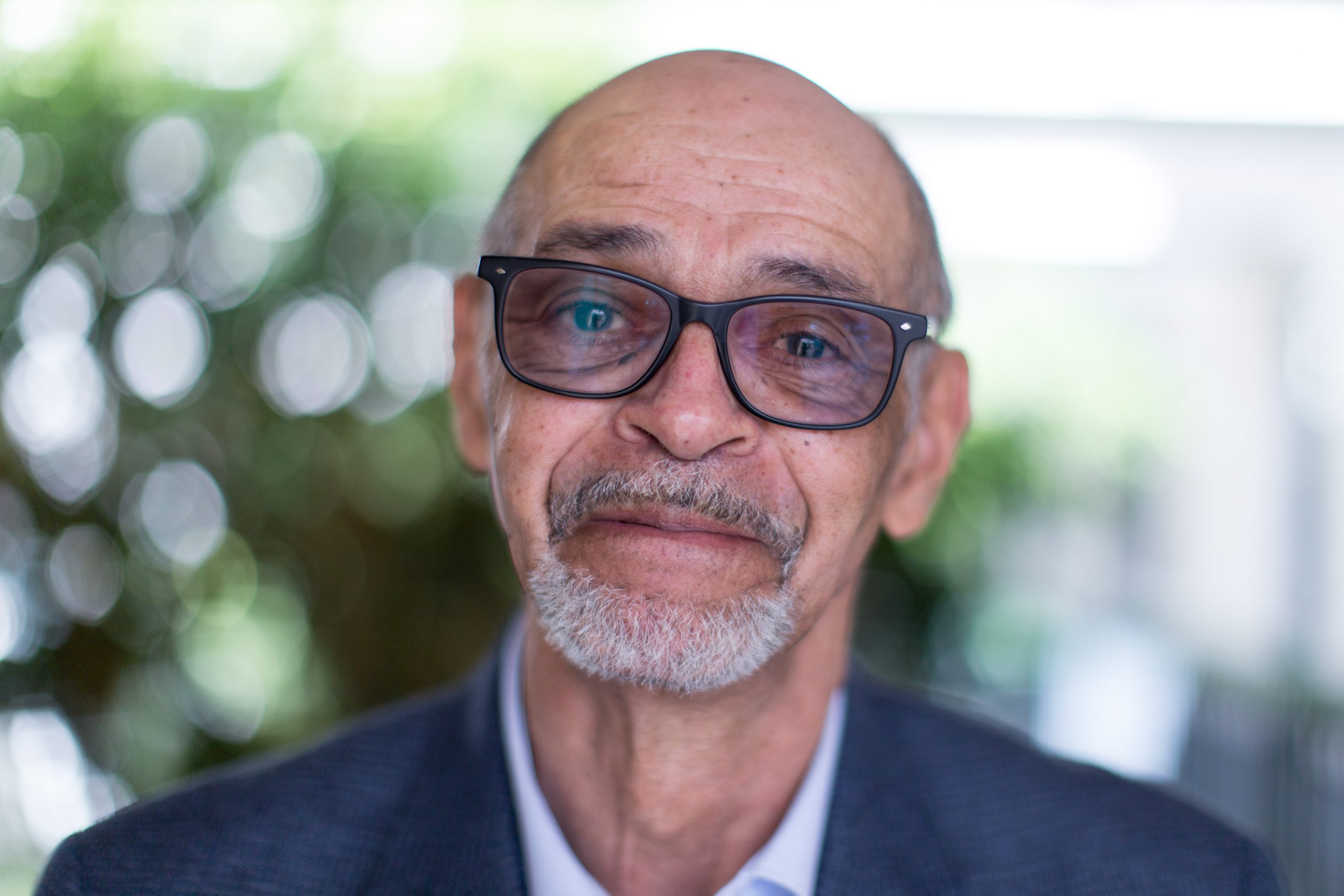
· Emily Baxter
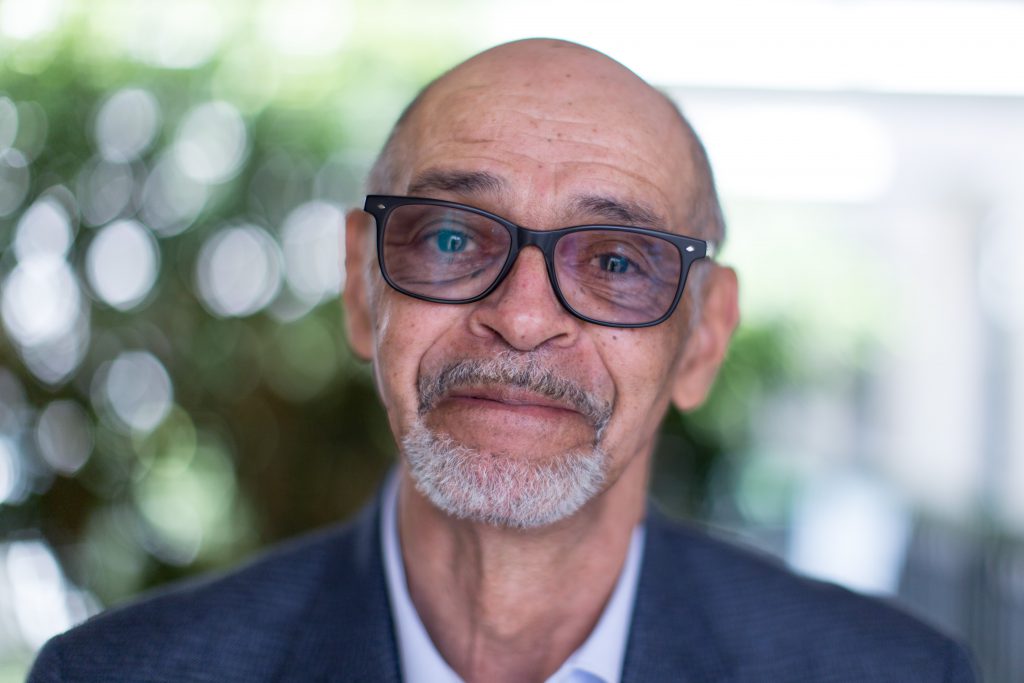
On April 20, 2012, Cumberland County Judge Gregory Weeks issued the first decision under North Carolina’s Racial Justice Act, ruling that racial bias had played a role in Marcus Robinson’s 1991 trial and commuting Mr. Robinson’s death sentence to life imprisonment without parole. Marcus Robinson, an African American man who was eighteen at the time of the crime, was sentenced to death in Cumberland County for the murder of a white person. North Carolina’s Racial Justice Act (RJA), which was narrowly adopted in 2009, authorized relief for death row defendants who could prove that race was a “significant factor” in jury selection, prosecutorial charging decisions, or the imposition of the death penalty.

· Kristin Collins

The families of Deah Barakat, Yusor Abu-Salha, and Razan Abu-Salha lost their children in a terrible and senseless crime that terrorized the entire Muslim community. Still, they have chosen the path of light and love. They opened a community center for young Muslim people in a house that Barakat once owned. They started an annual interfaith food drive in the victims’ honor. And this week they supported the Durham DA’s decision not to pursue the death penalty at their killer’s trial.

· Kristin Collins

States like North Carolina, have spent the last 47 years writing laws that — theoretically — allow us to cleanly sort those who deserve the death penalty from those who don’t. All these years later, it’s clear we have failed. Just look at the two most recent death penalty verdicts in North Carolina, in the cases of Seaga Gillard and James Bradley. One got a death sentence and one got life, and there is no rational reason why.

· Kristin Collins

In today’s world, it’s easy to think politicians on both sides of the aisle care only about their own power and reelection chances. But every once in a while, we see an act of moral leadership that renews our faith in government. This week, it happened in California. Gov. Gavin Newsom announced that he would dismantle the death chamber and grant the state’s nearly 750 death row inmates a reprieve. They will remain incarcerated but will no longer live under the threat of execution. It was a stunning move in a state with the nation’s largest death row. North Carolina, too, should make the enlightened choice to put an official end to the death penalty.

· Kristin Collins

In 2005, the U.S. Supreme Court declared it unconstitutional to sentence children to death. (Better late than never!) The decision cited research showing that human brains continue to grow and aren’t fully formed until people are in their early 20s, and that our character and ability to make reasoned decisions is still developing. Given that, it’s unbelievable that North Carolina, and 28 other states, continue to impose a punishment almost as harsh on kids — life with no possibility of parole. Think about that: Still today, a 13-year-old can be declared “irredeemable” and sent to prison with no chance of ever getting out.

· Kristin Collins

For generations, North Carolina politicians of both parties have had one thing in common: Almost all of them staunchly supported the death penalty. That’s largely because they believed their voters supported it. But late last month, a statewide poll asked the question: What do North Carolinians think about the death penalty today? The results should make state politicians question their death penalty orthodoxy. After more than a decade without executions and a wave of exonerations of innocent people on death row, voters no longer trust the system to decide who should live and die.
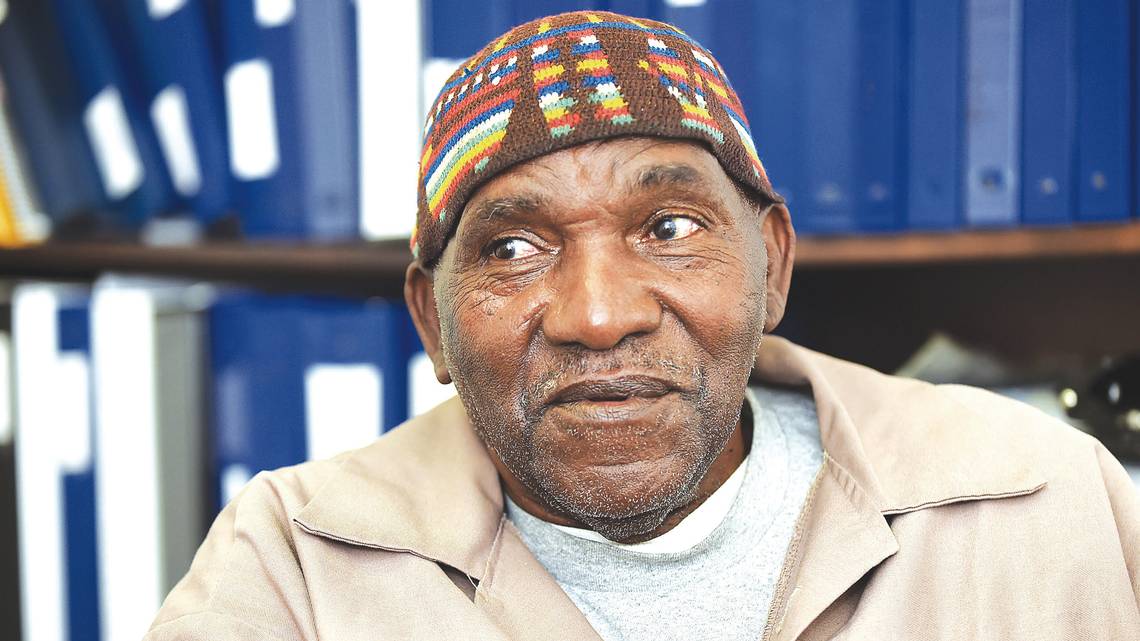
· Emily Baxter
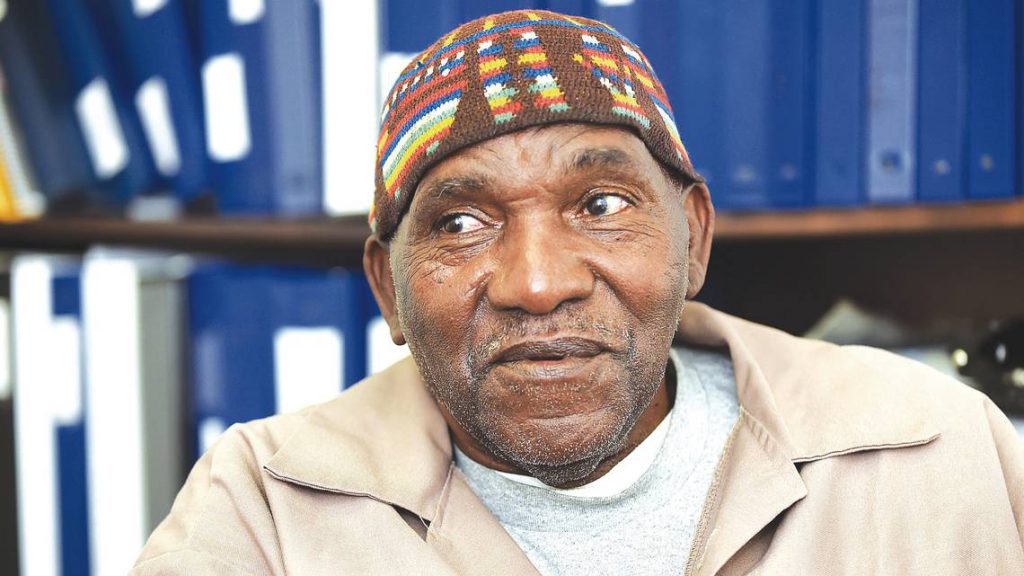
A man who was sentenced to death in North Carolina may soon be exonerated after spending more than 40 years in prison. Last week, a federal court said Charles Ray Finch — who was sentenced to death in 1976, but later resentenced to life because of changes to state death penalty laws — is entitled to a new hearing to determine whether he is innocent. The court also discounted nearly every piece of evidence used to convict Finch of murder. Finch will be the 10th person exonerated after getting the death penalty in North Carolina.
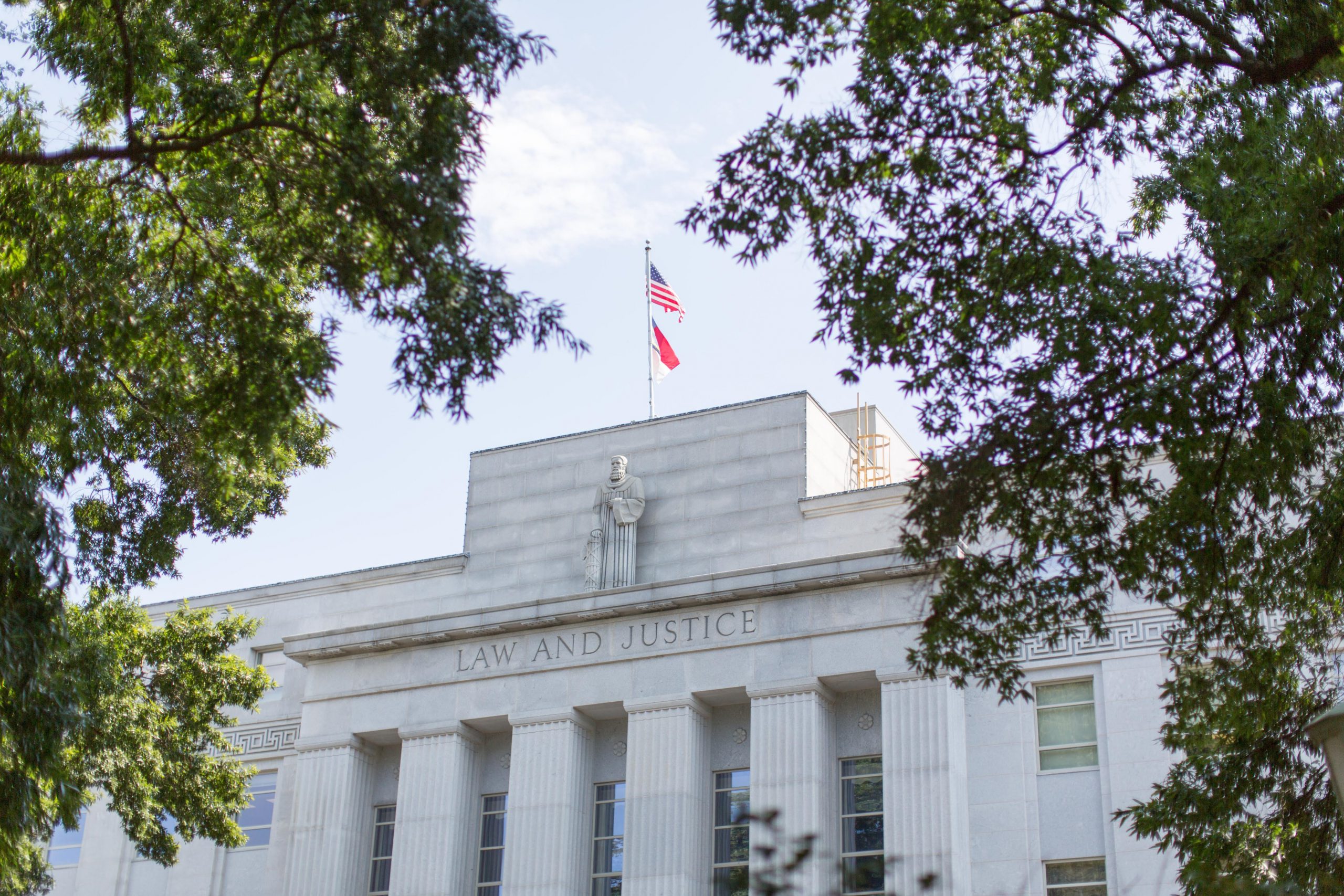
· Kristin Collins
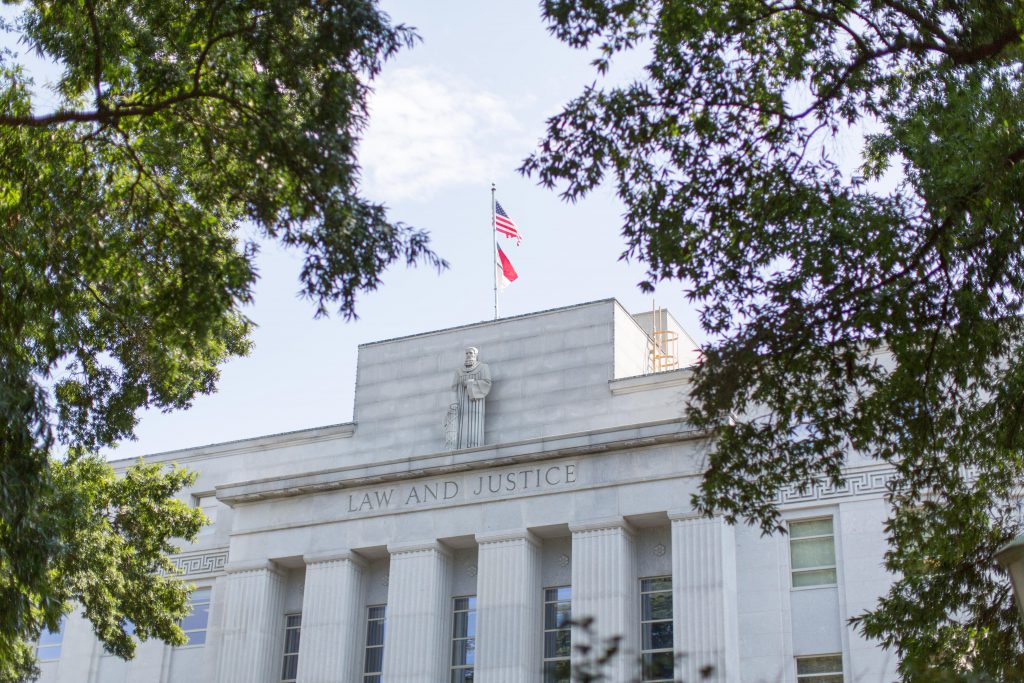
In 2018, for the second year in a row, juries didn’t hand down any new death sentences. We shouldn’t underestimate how significant that is in a state that, in the 1990s, sent dozens of people to death row every year. Executions remained on hold for a twelfth year. And even our state’s district attorneys have begun to flag in their enthusiasm for death sentences.
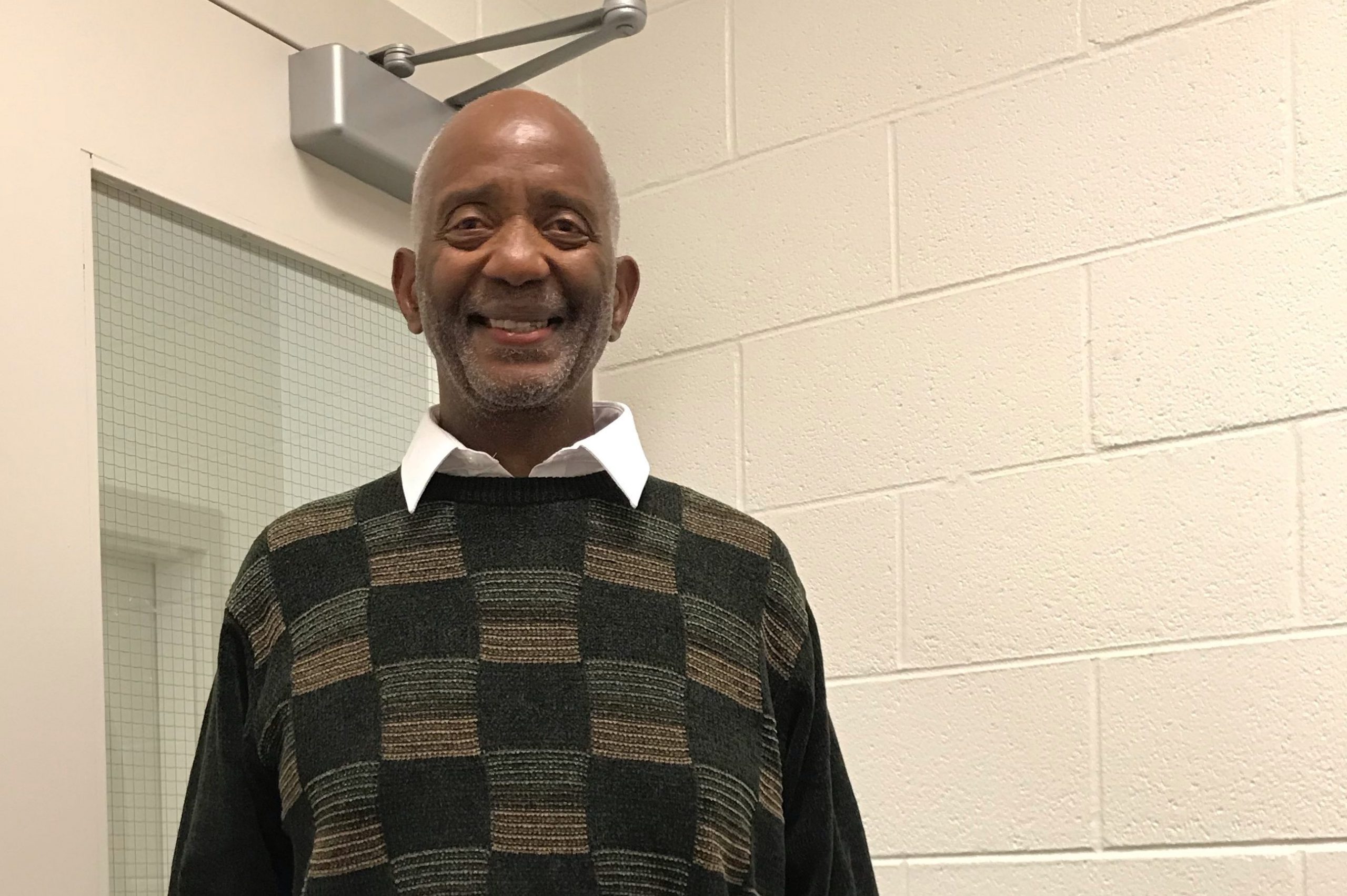
· Kristin Collins
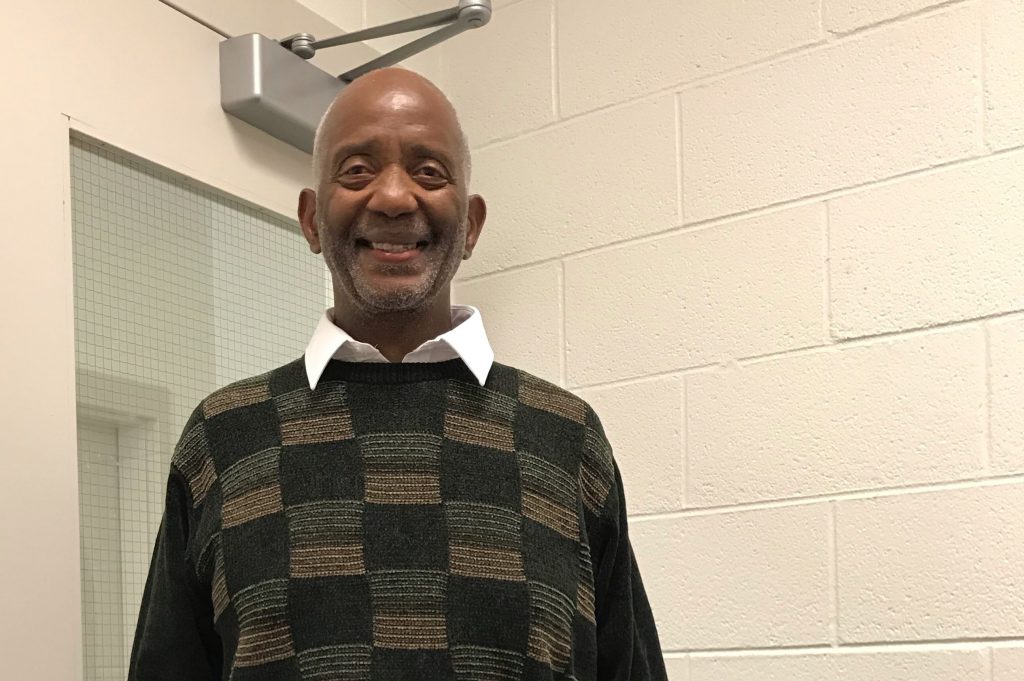
Legally, there was a strong argument that even though Jimmy was guilty, he should never have been sentenced to death. The jury that sentenced him didn’t know that this impulsive crime was in part the product of several traumatic brain injuries, which began in childhood. If Jimmy were retried now, he would never receive a death sentence. No Buncombe jury has sentenced anyone to death since 2000.
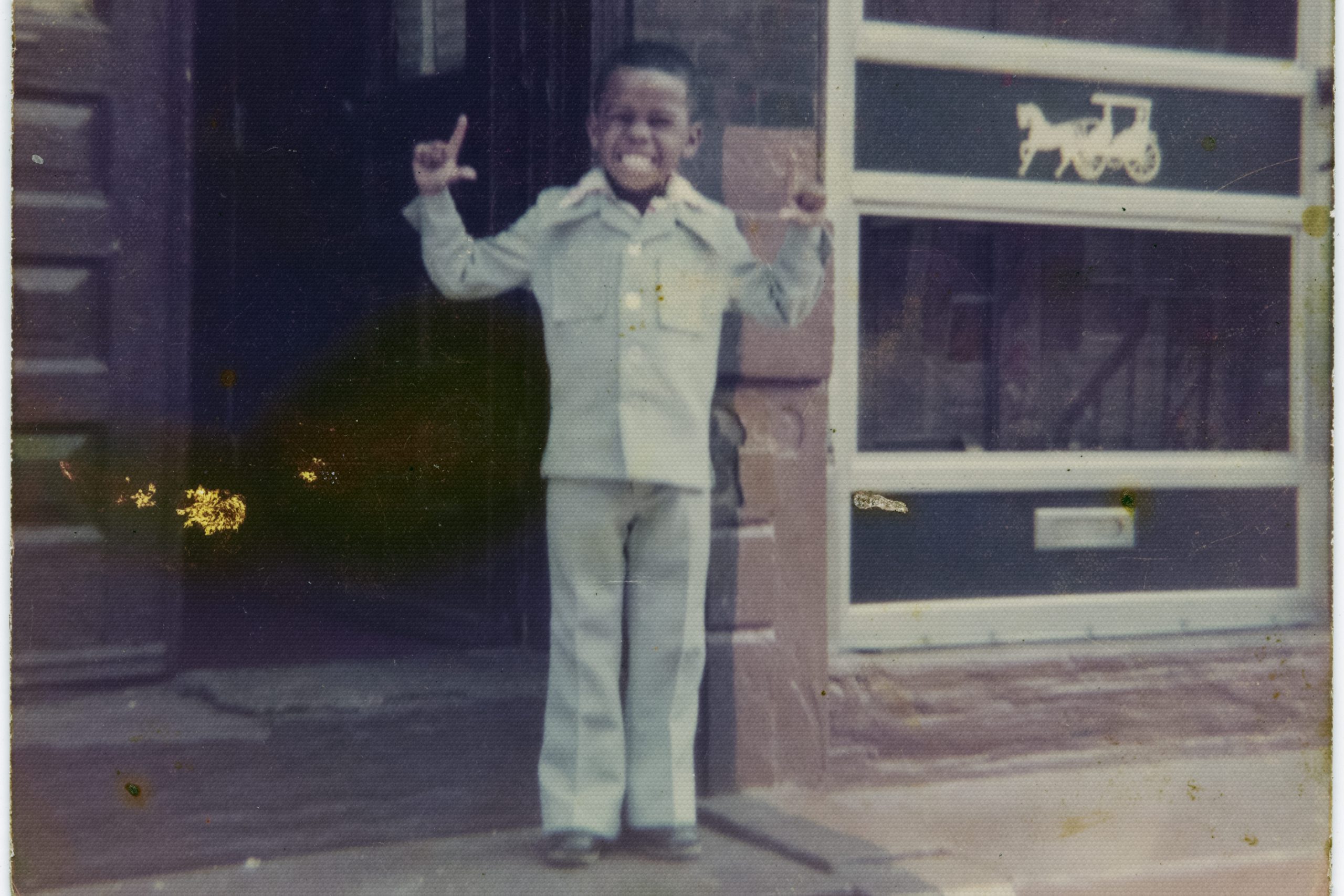
· Kristin Collins
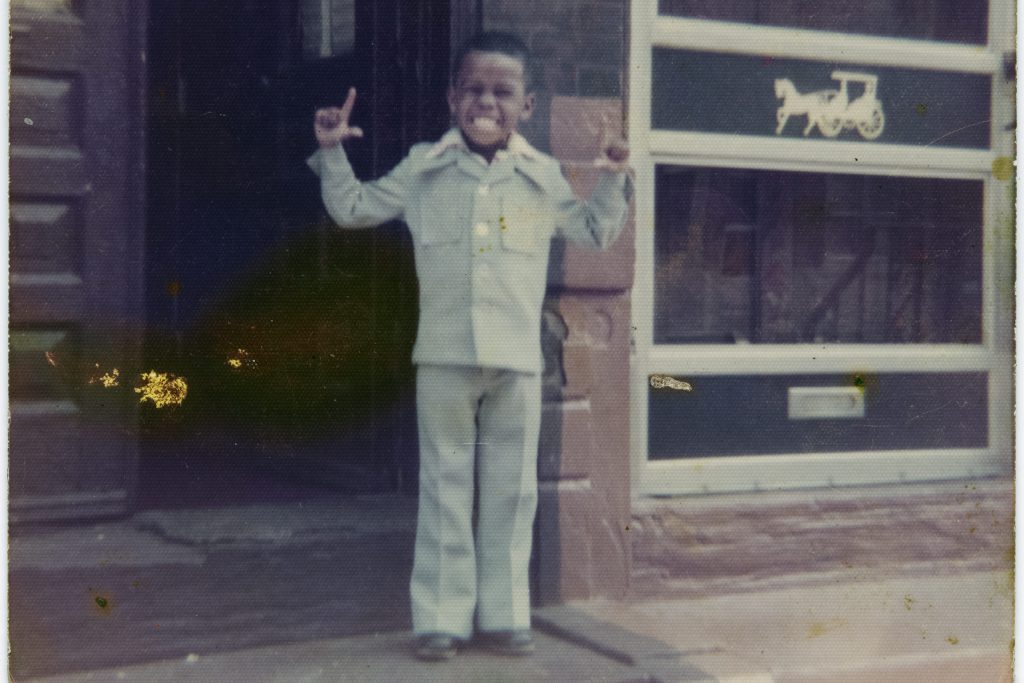
Last week, Washington became the 20th state to end the death penalty after its Supreme Court ruled that capital punishment is arbitrary and racially biased. If those are reasons to outlaw the death penalty, then it is surely time for the North Carolina death penalty to go. If anything, the death penalty in NC is more racist, more arbitrary, and threatens the lives of far more people.
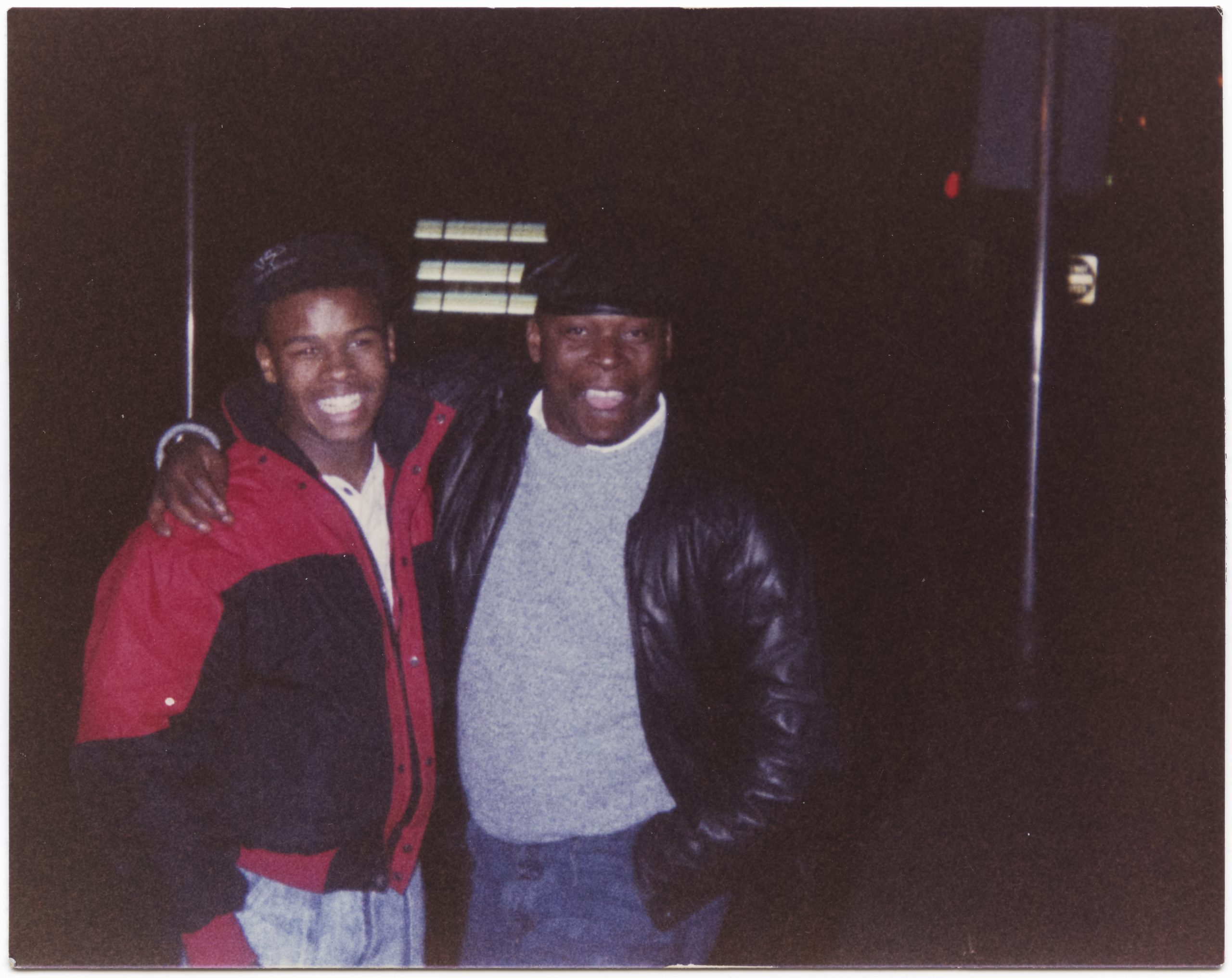
· Kristin Collins
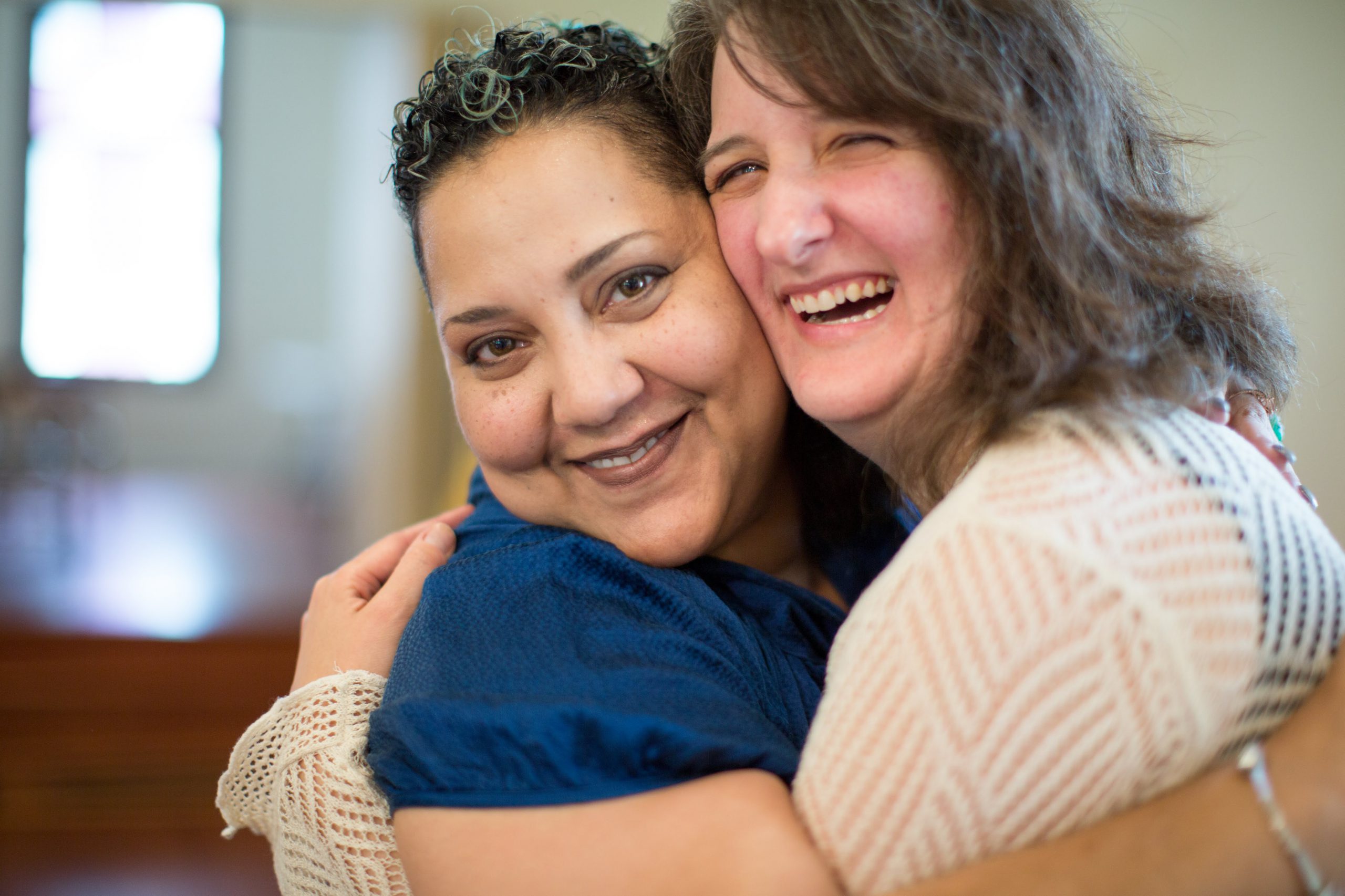
· Kristin Collins
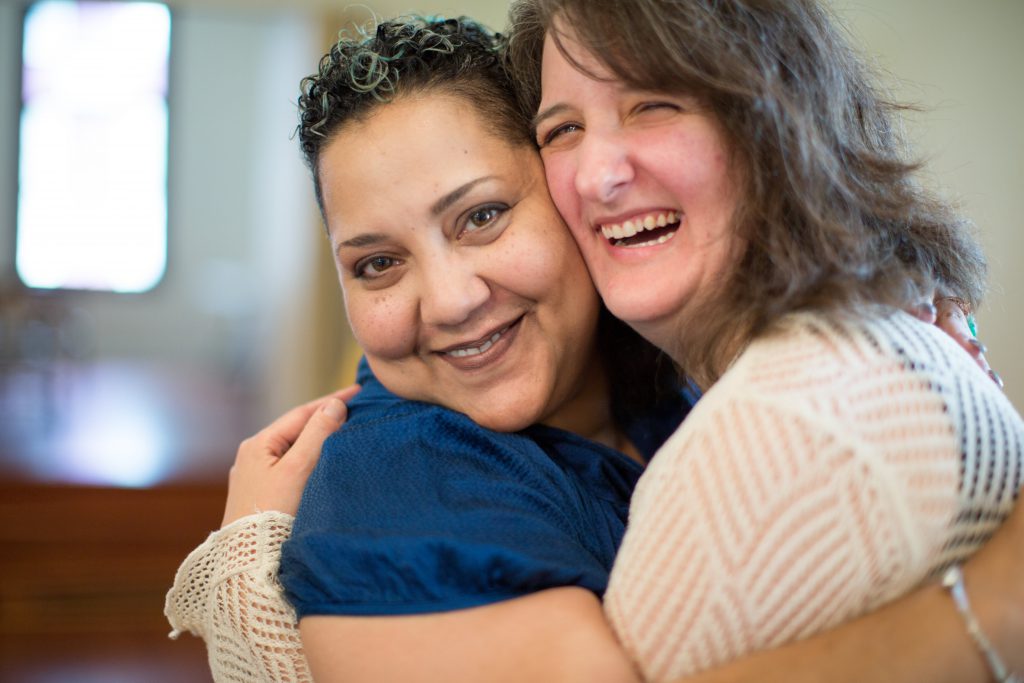
It’s hard to describe what it feels like to be a capital defense attorney. To be responsible for saving the lives of people who’ve committed terrible crimes, and sometimes, to be forced to watch them die. In this video, Elizabeth Hambourger, a staff attorney at the Center for Death Penalty Litigation, explains in moving and personal terms what it’s like to do this most difficult of jobs.
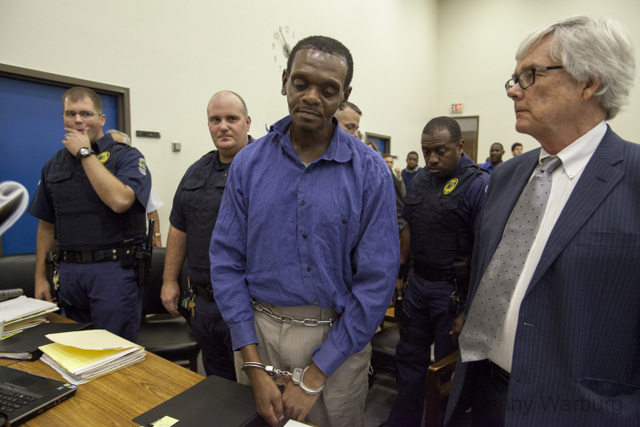
· Kristin Collins

One elderly woman sat with us in her living room, wearing a pink nightgown. “I should have followed my conscience,” she said, her hands shaking. “I hope he can forgive me.” It’s unclear if she’s seeking forgiveness from the innocent man she sent to death row, or God himself. Four years after Henry McCollum’s exoneration, jurors are still wrestling with their role.

· Kristin Collins

On that terrible day, the worst moment was telling Quentin’s family that the governor had denied clemency, and that he would be killed in 90 minutes. His younger sister let out a howl that I can still hear now. She sounded like an animal dying in a trap. A social worker and I then went to give Quentin the news. When we told him, and started sobbing, he gathered us into his arms and comforted us. Quentin was so much more than the worst thing he’d done.

· Kristin Collins

Even with the number of death sentences slowed to a trickle, our state still can’t get it right in death penalty cases. The N.C. Supreme Court has just overturned the sentence of of a death row prisoner from Forsyth County, saying there was ample evidence that he had intellectual disabilities and mental illness that should have moved the jury to spare him from execution.